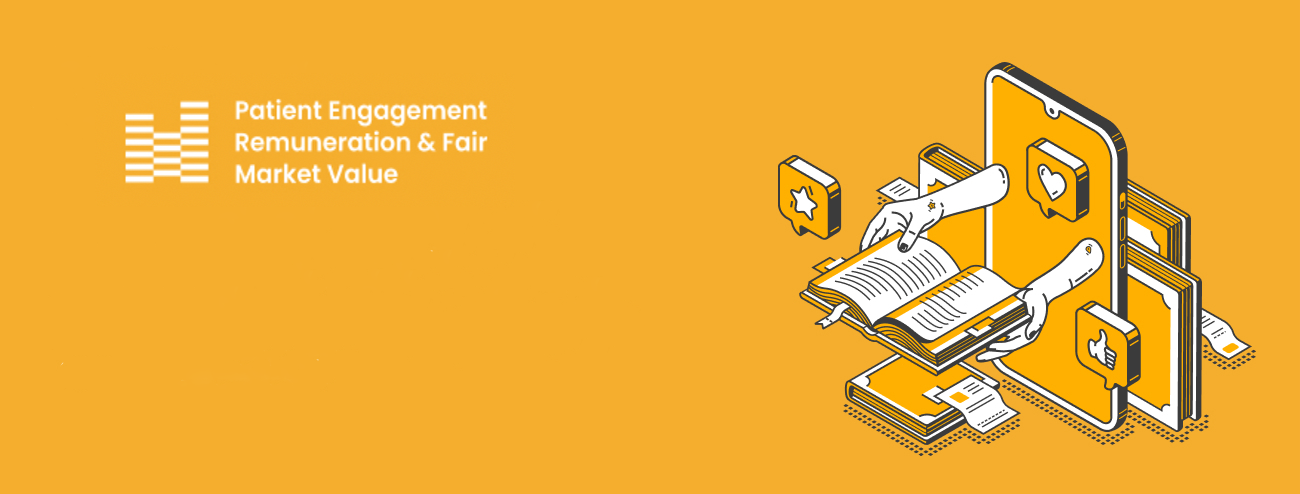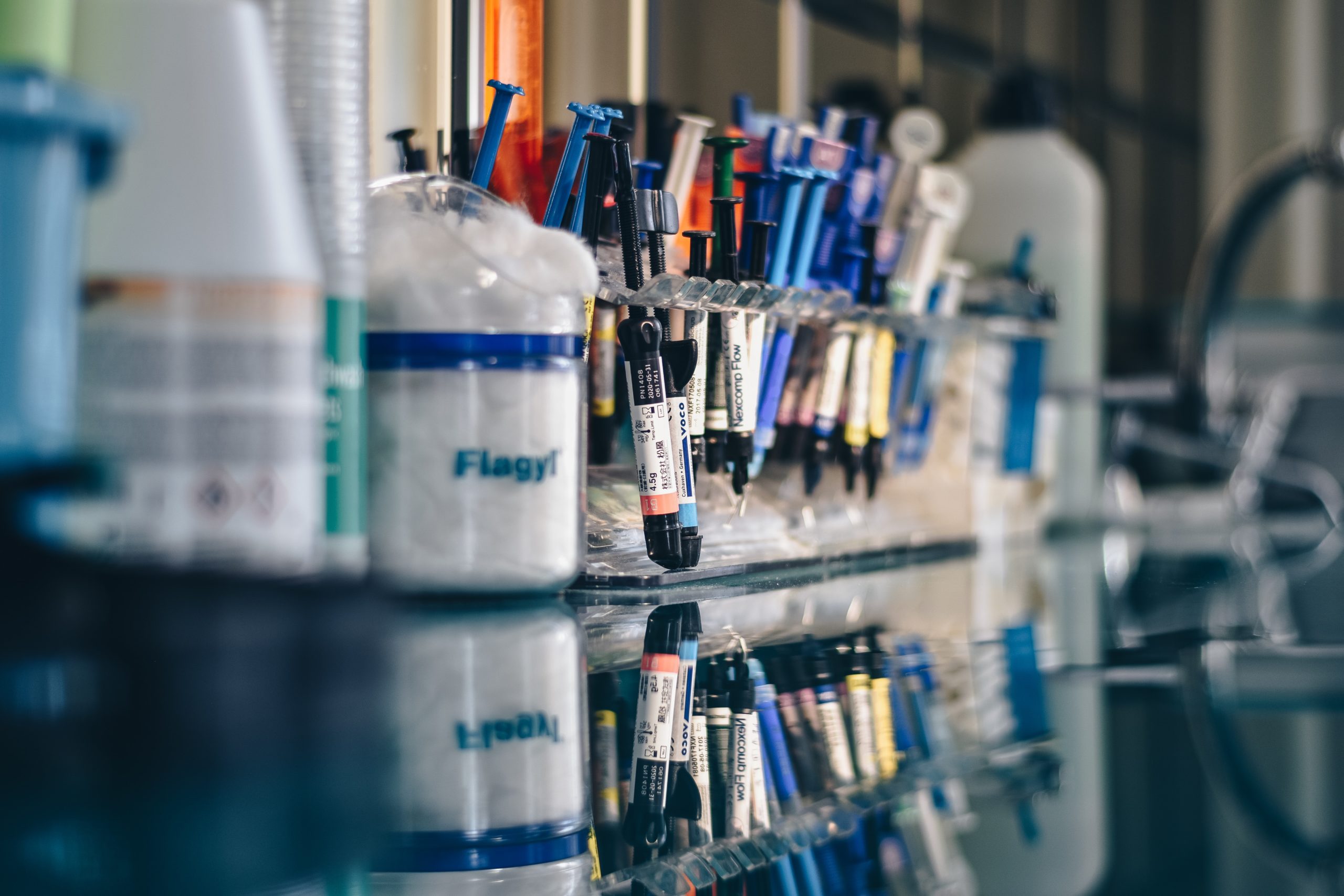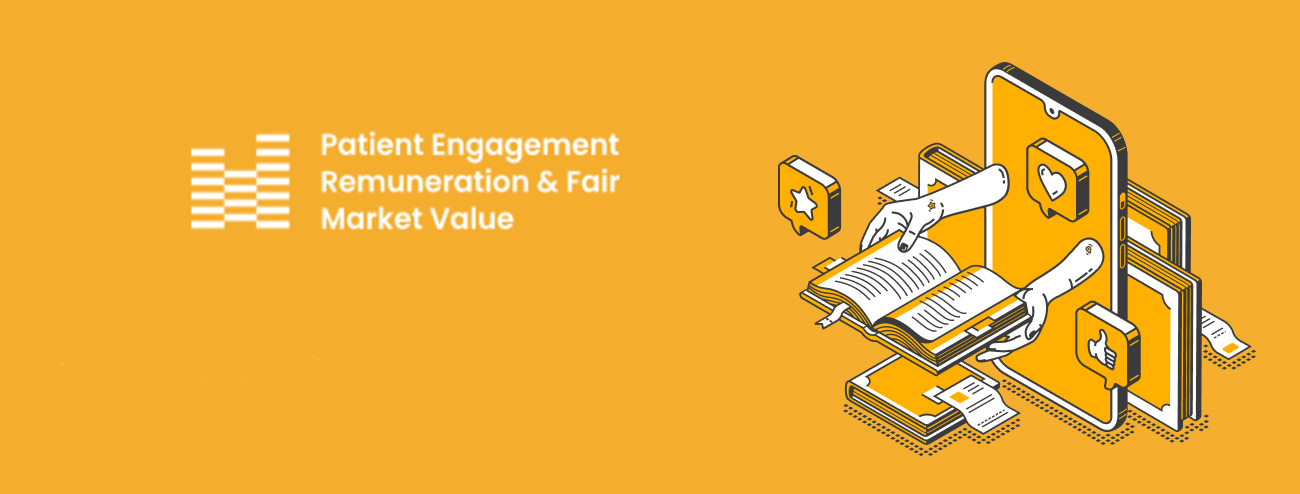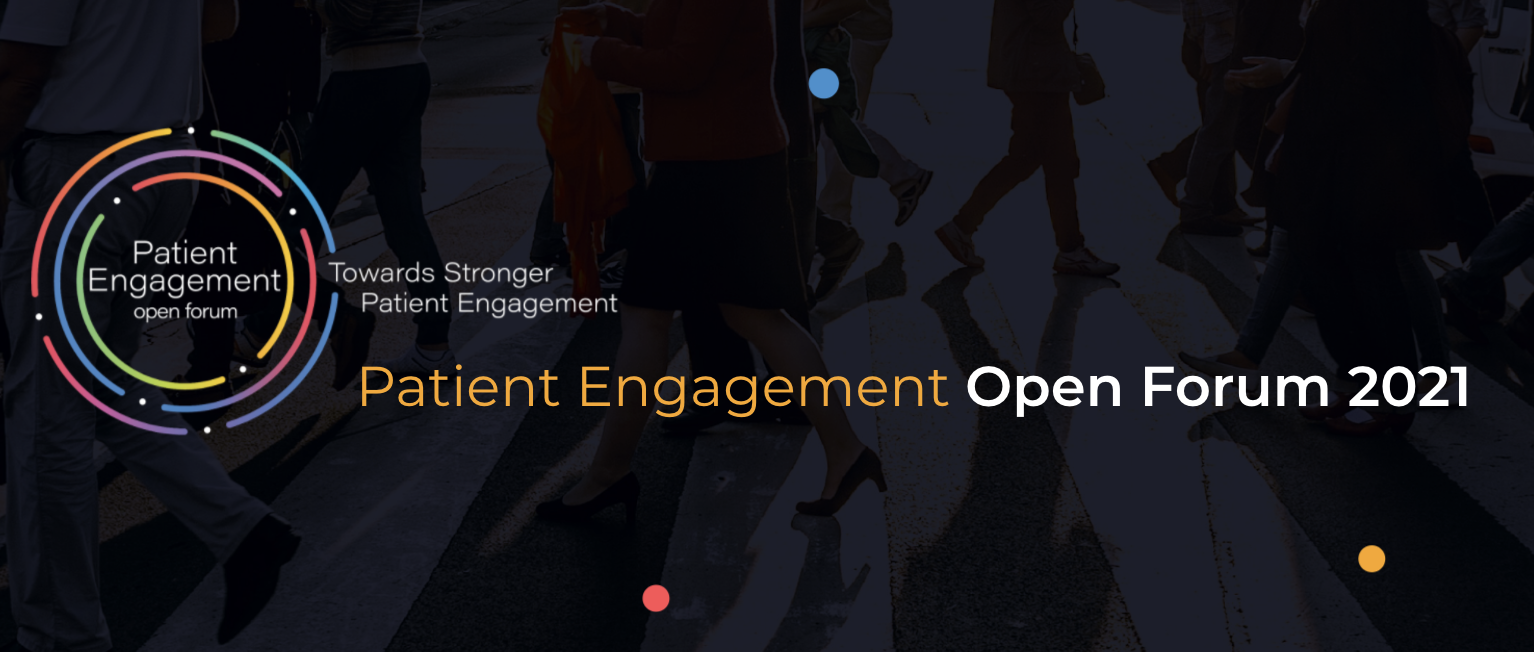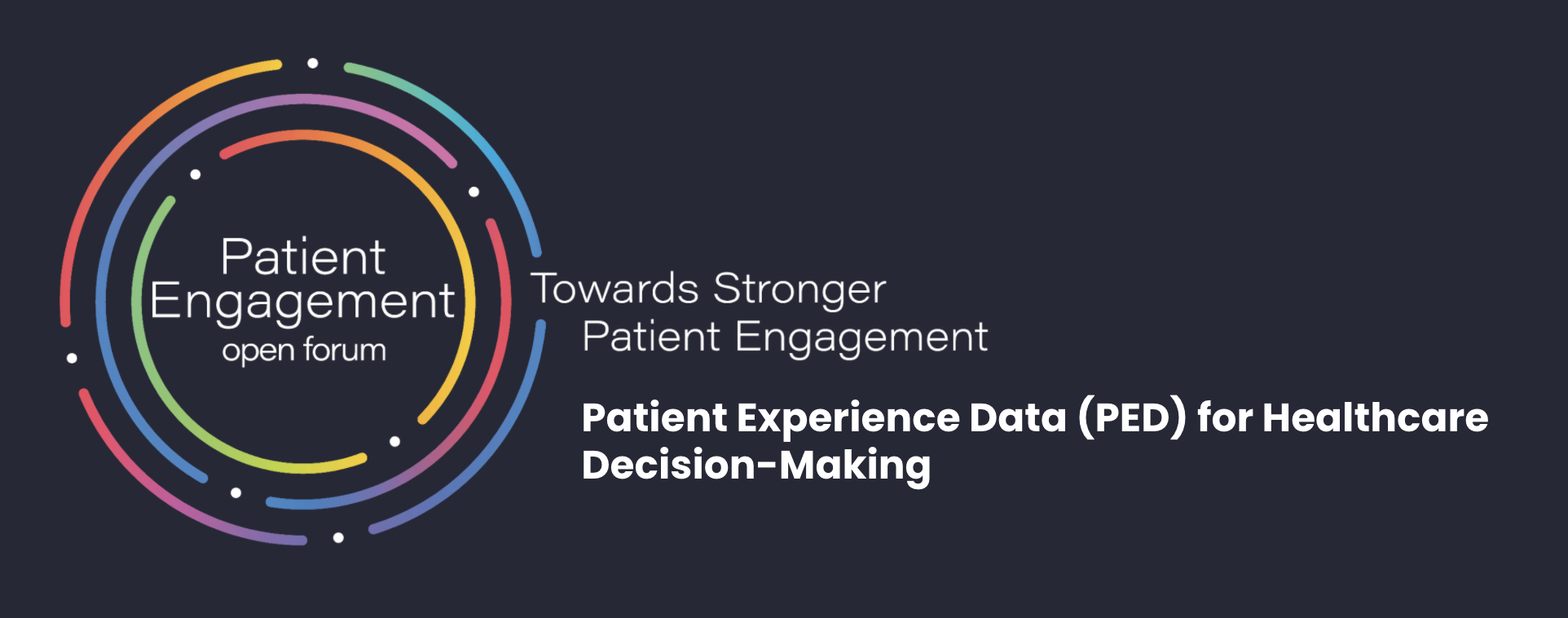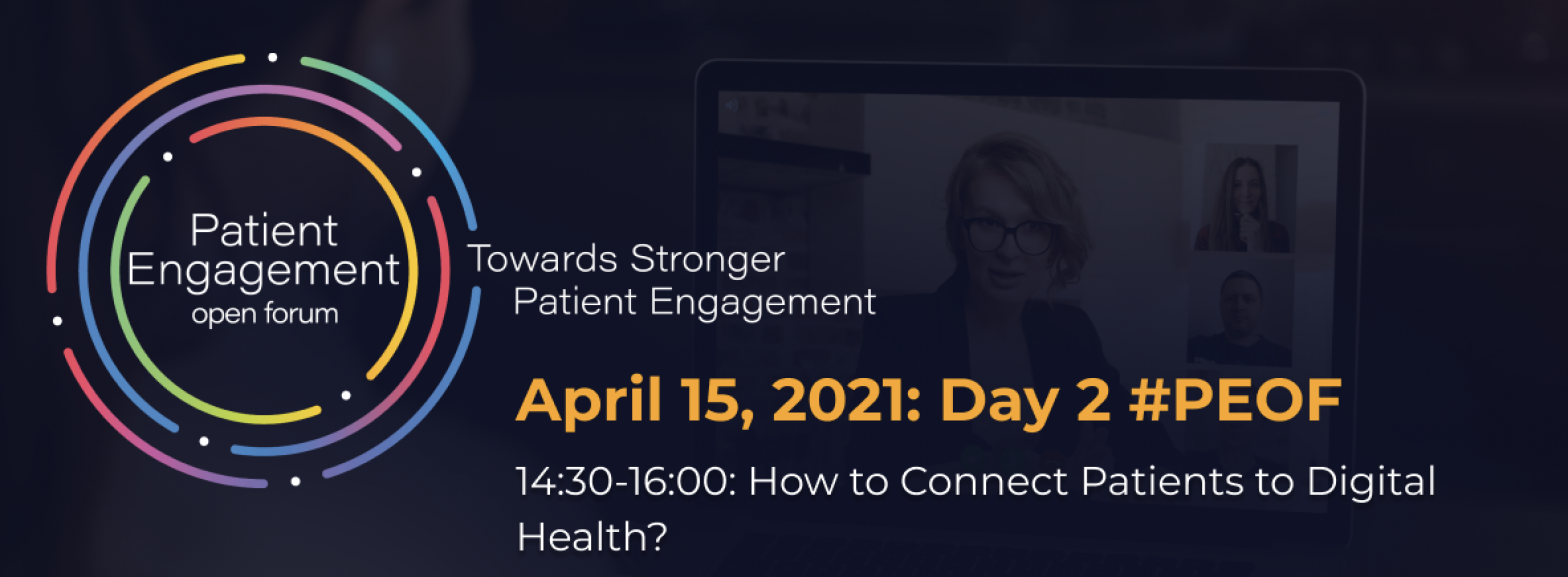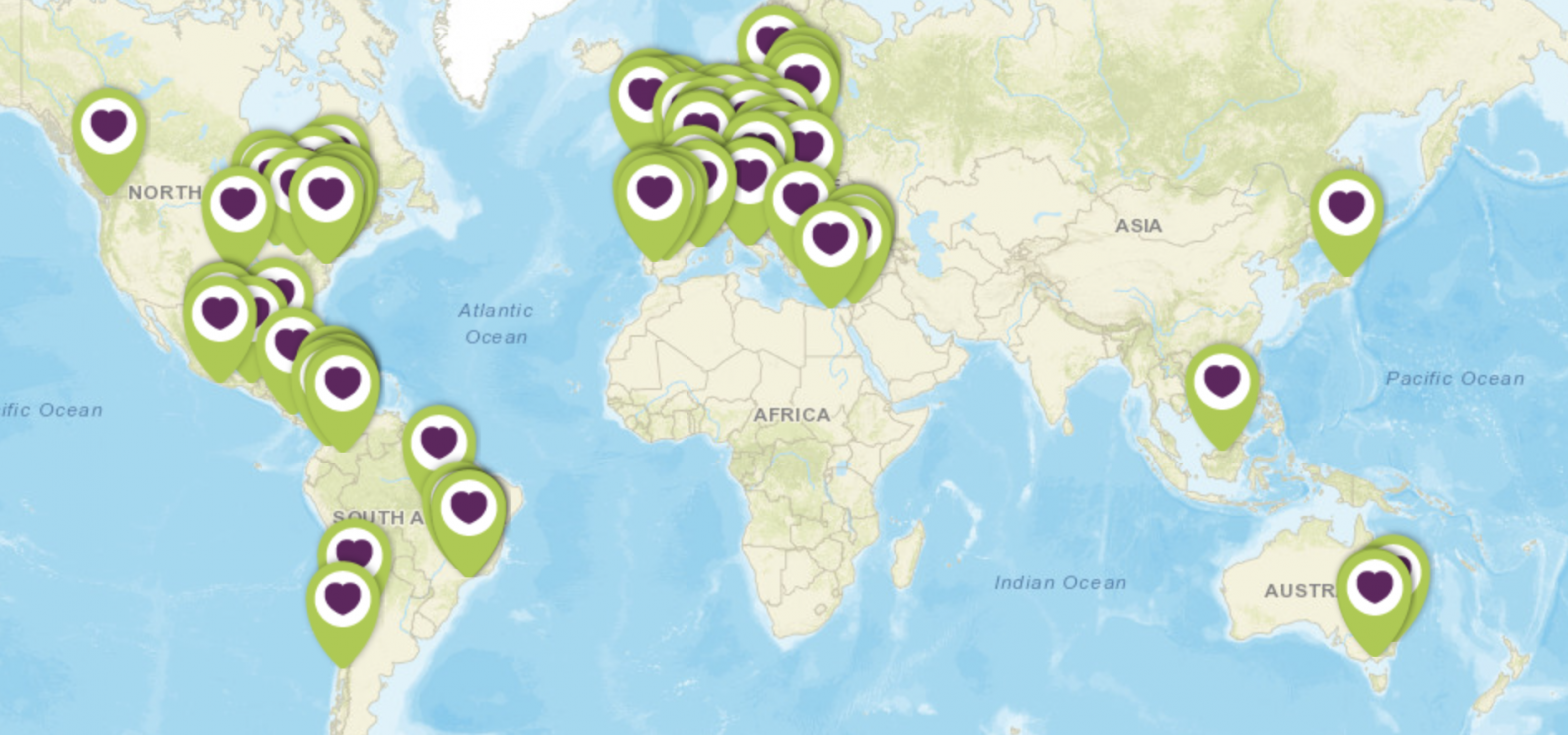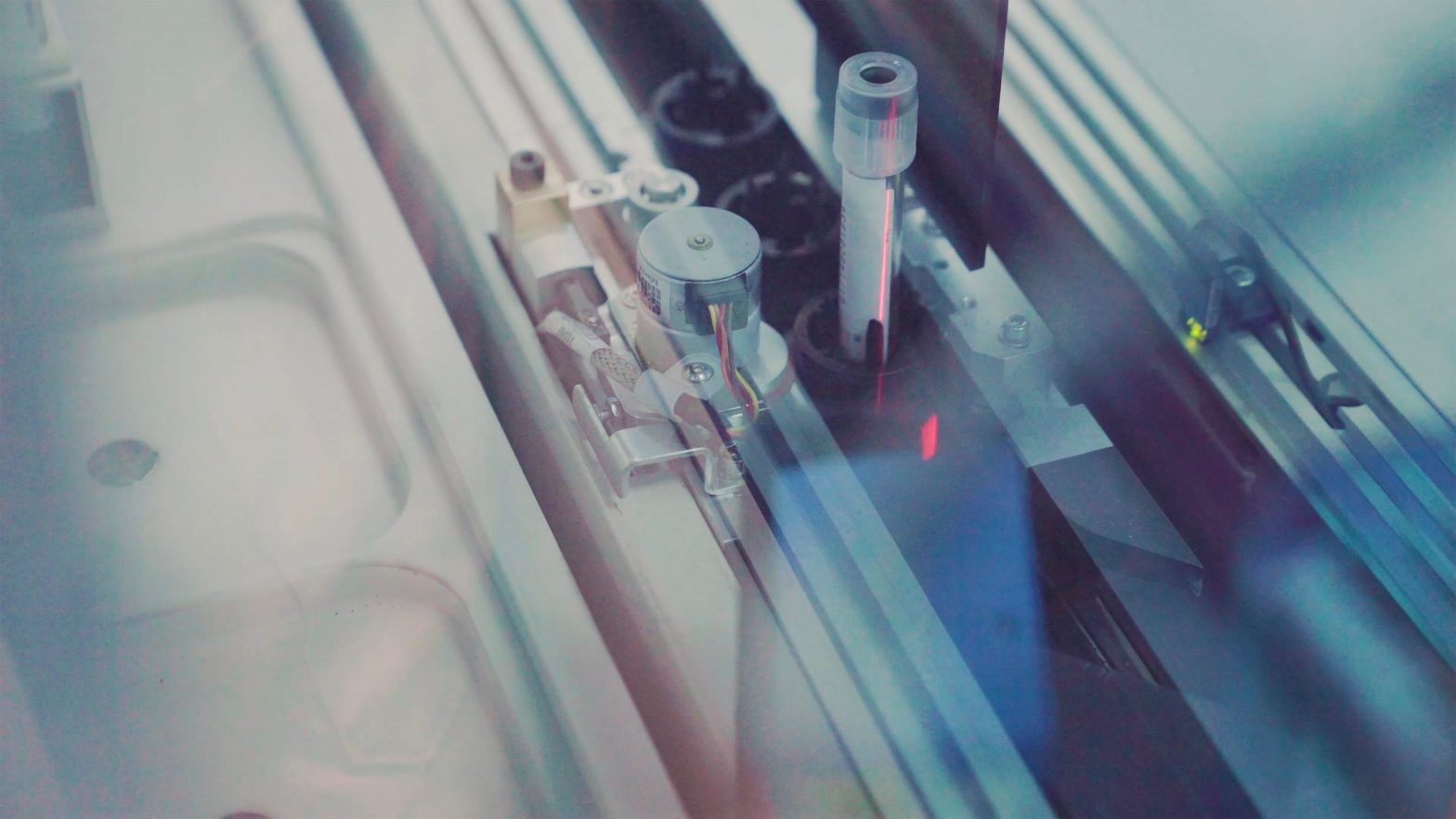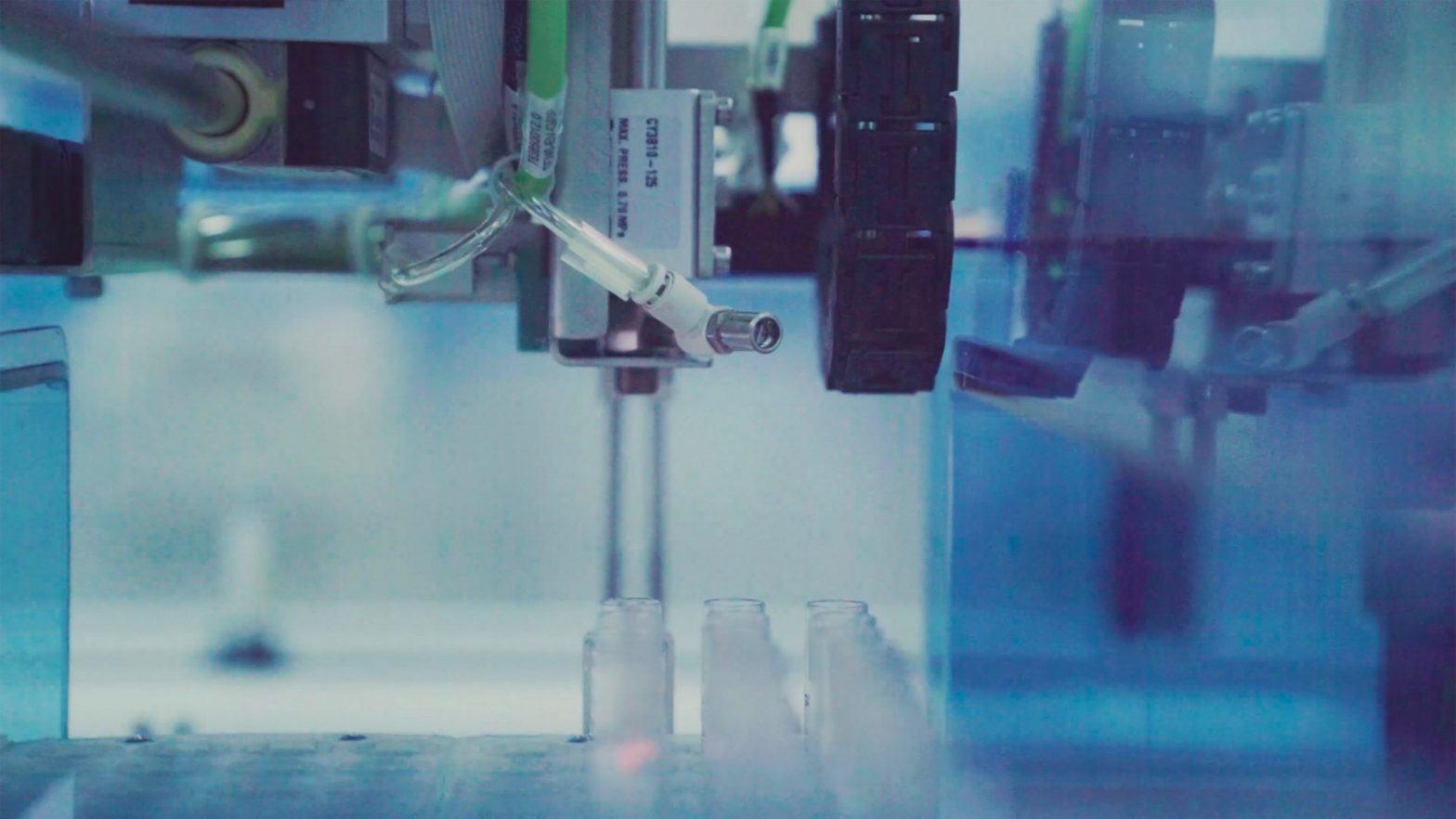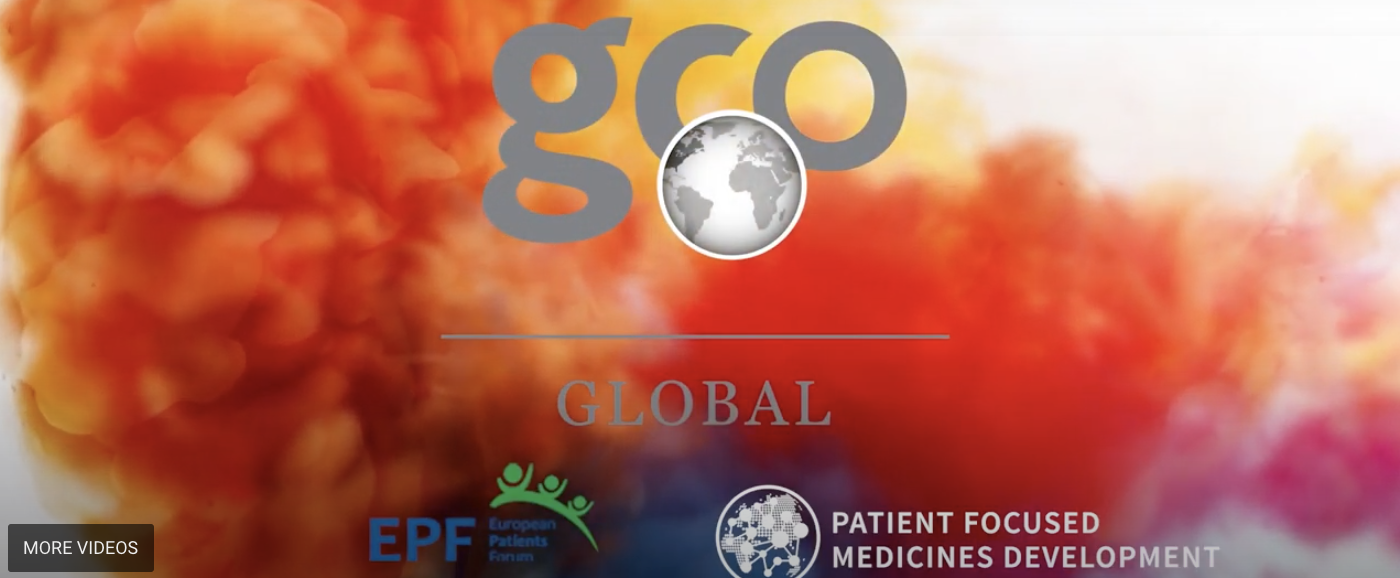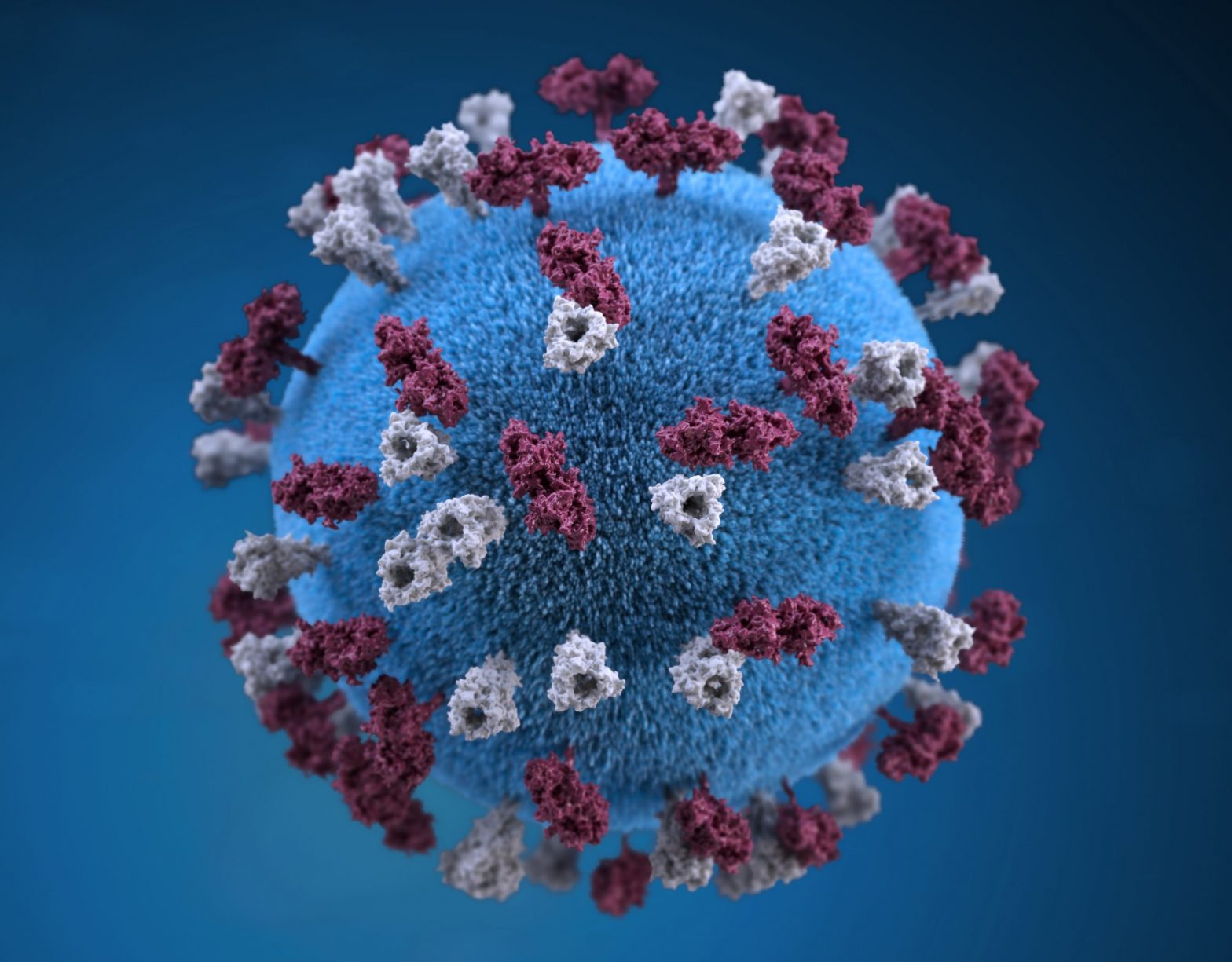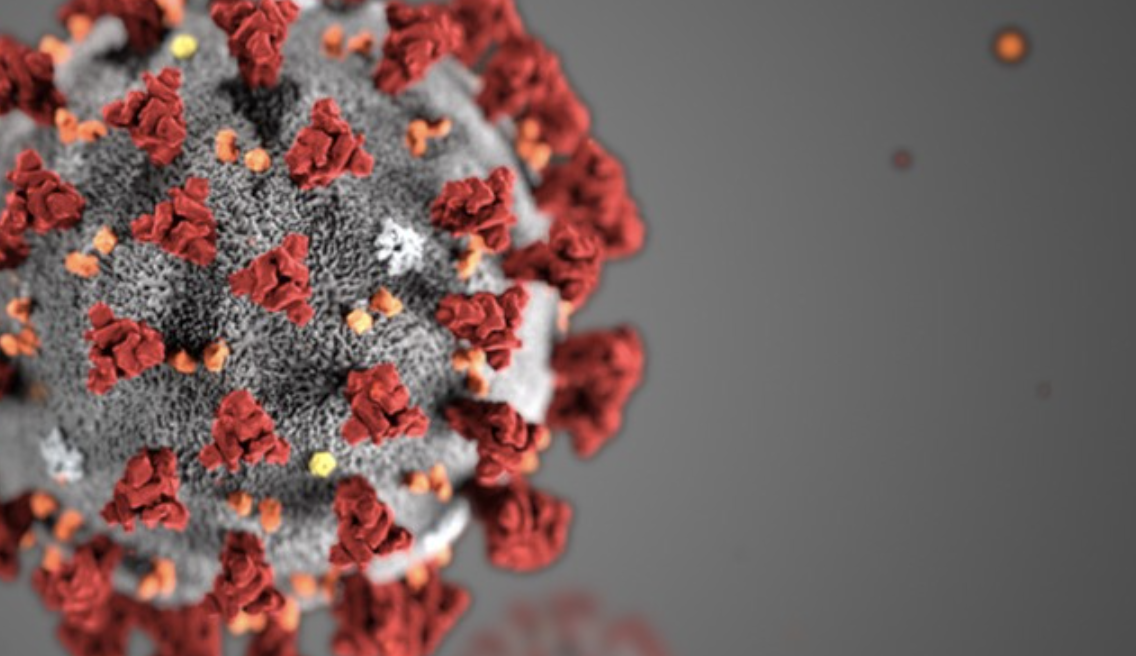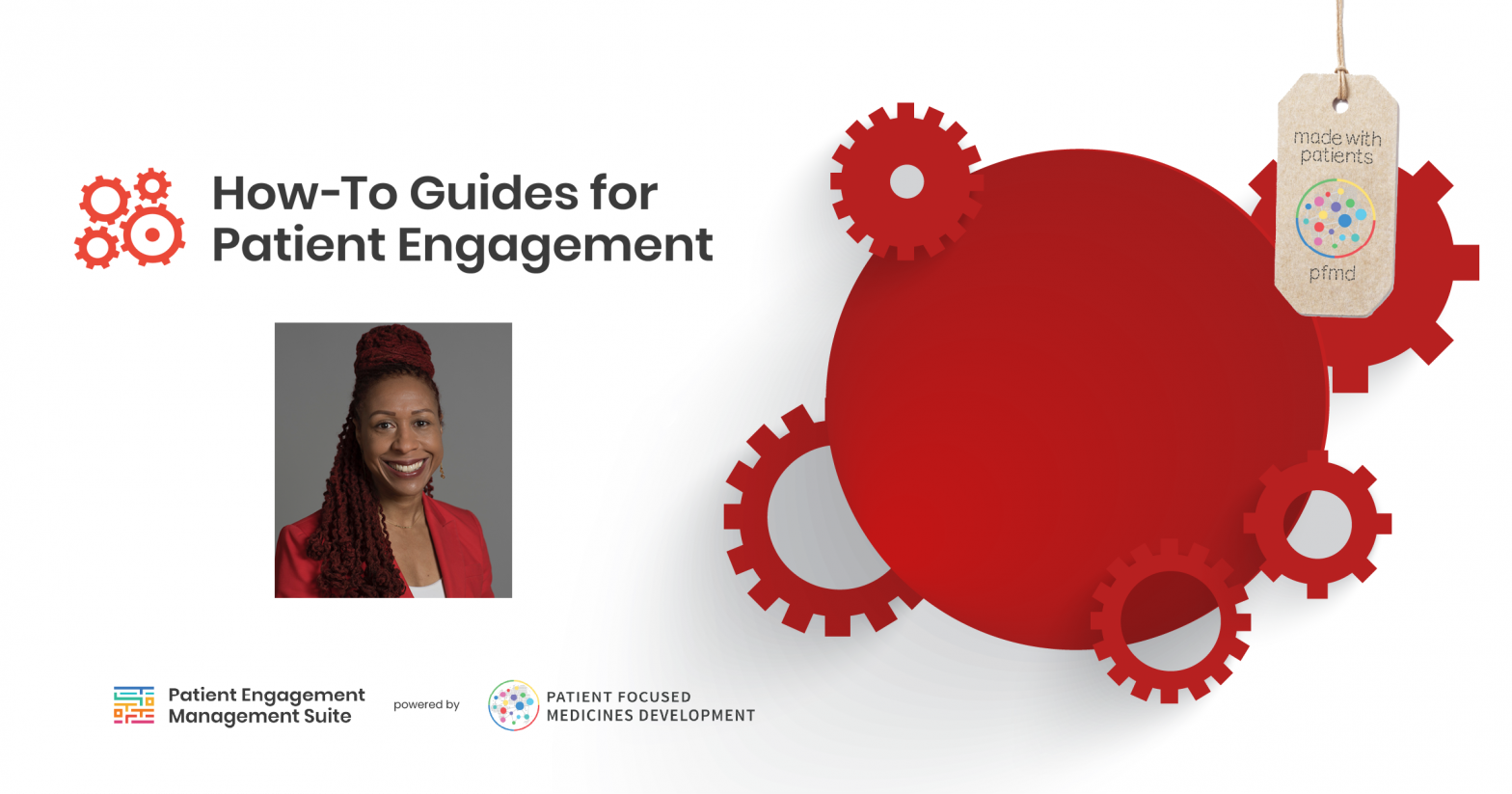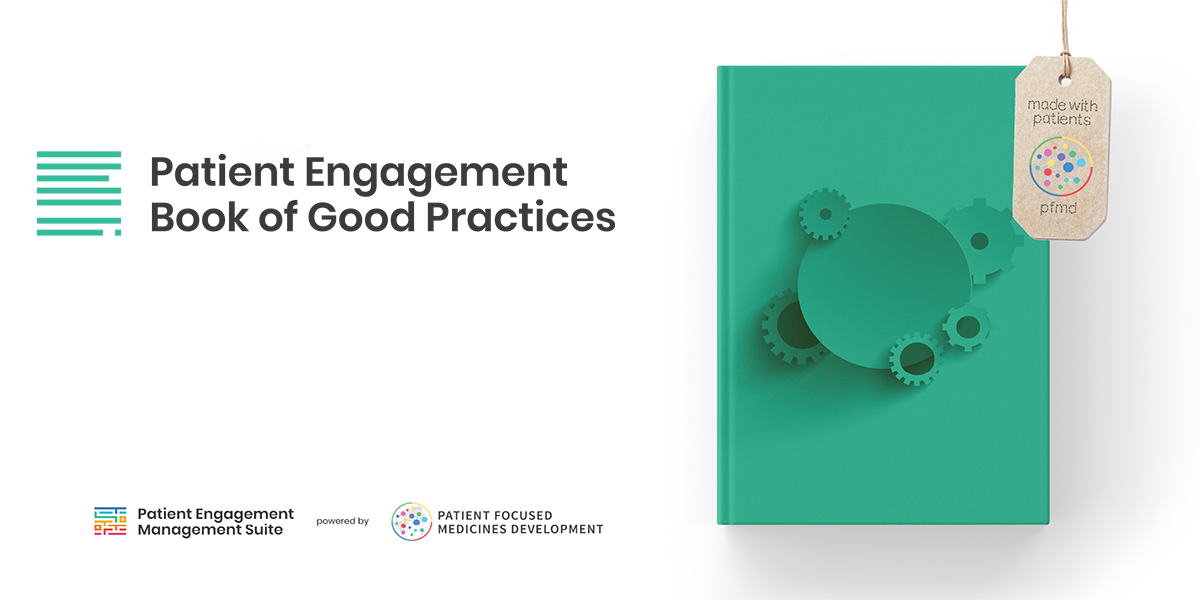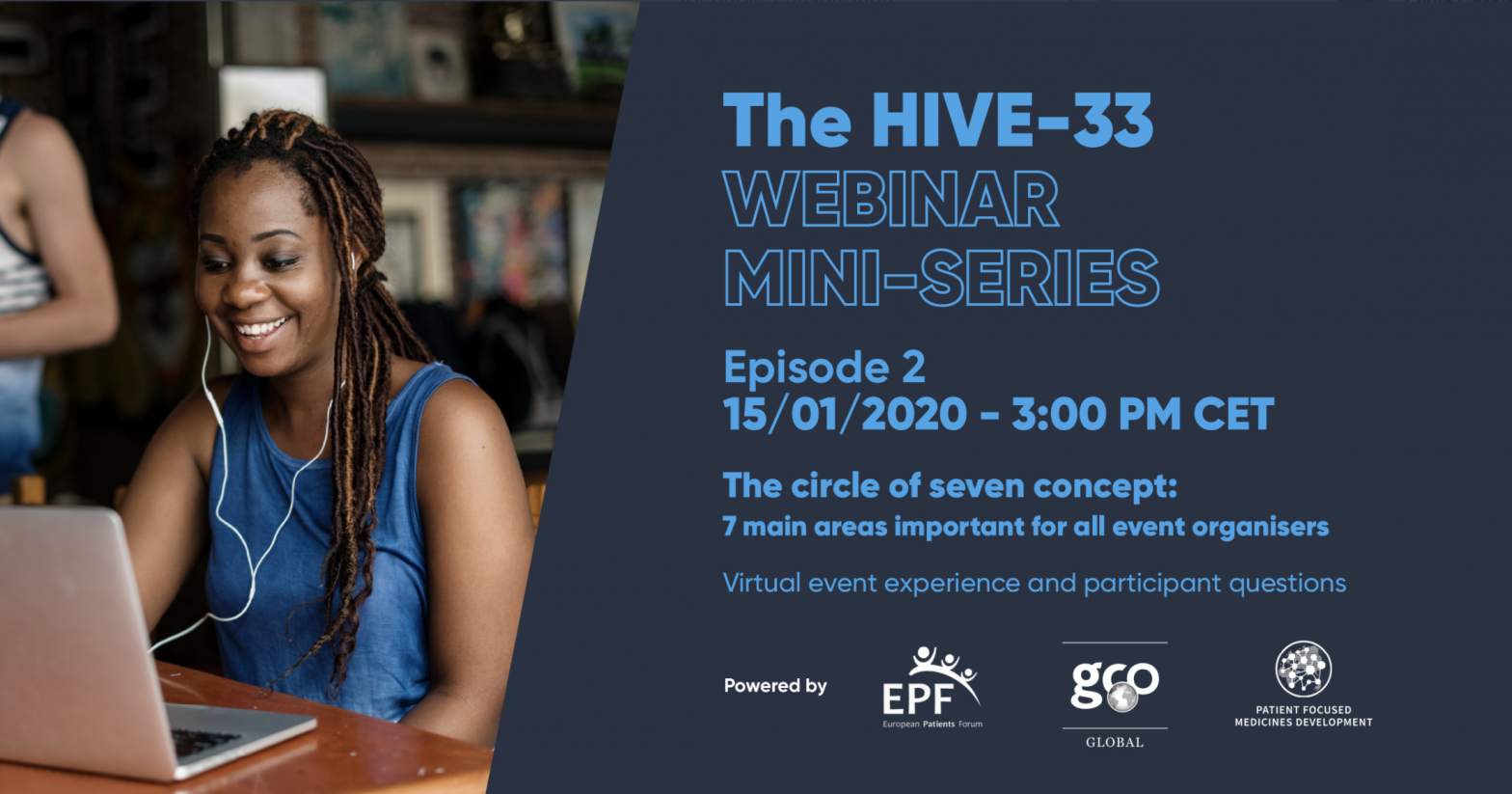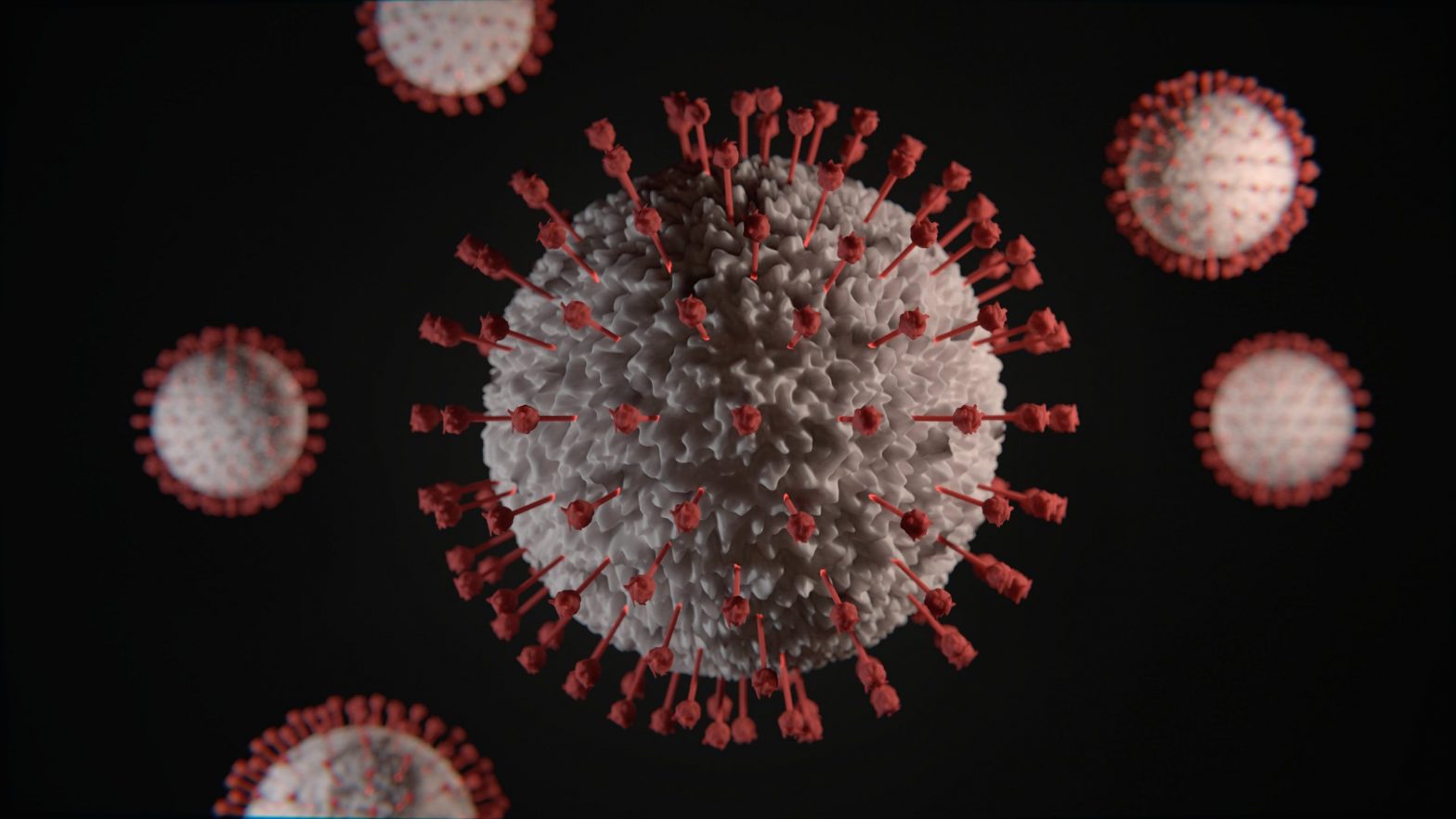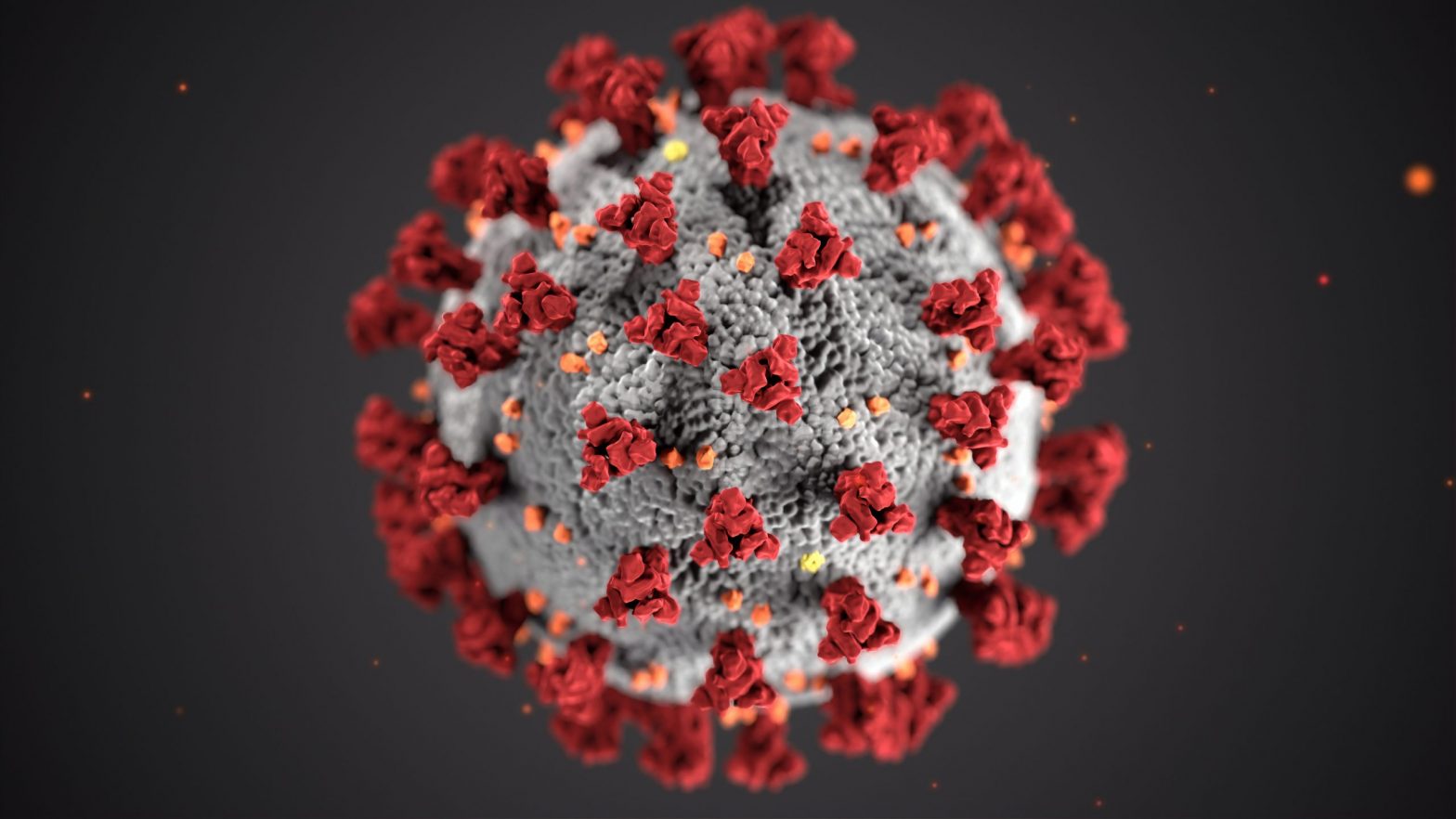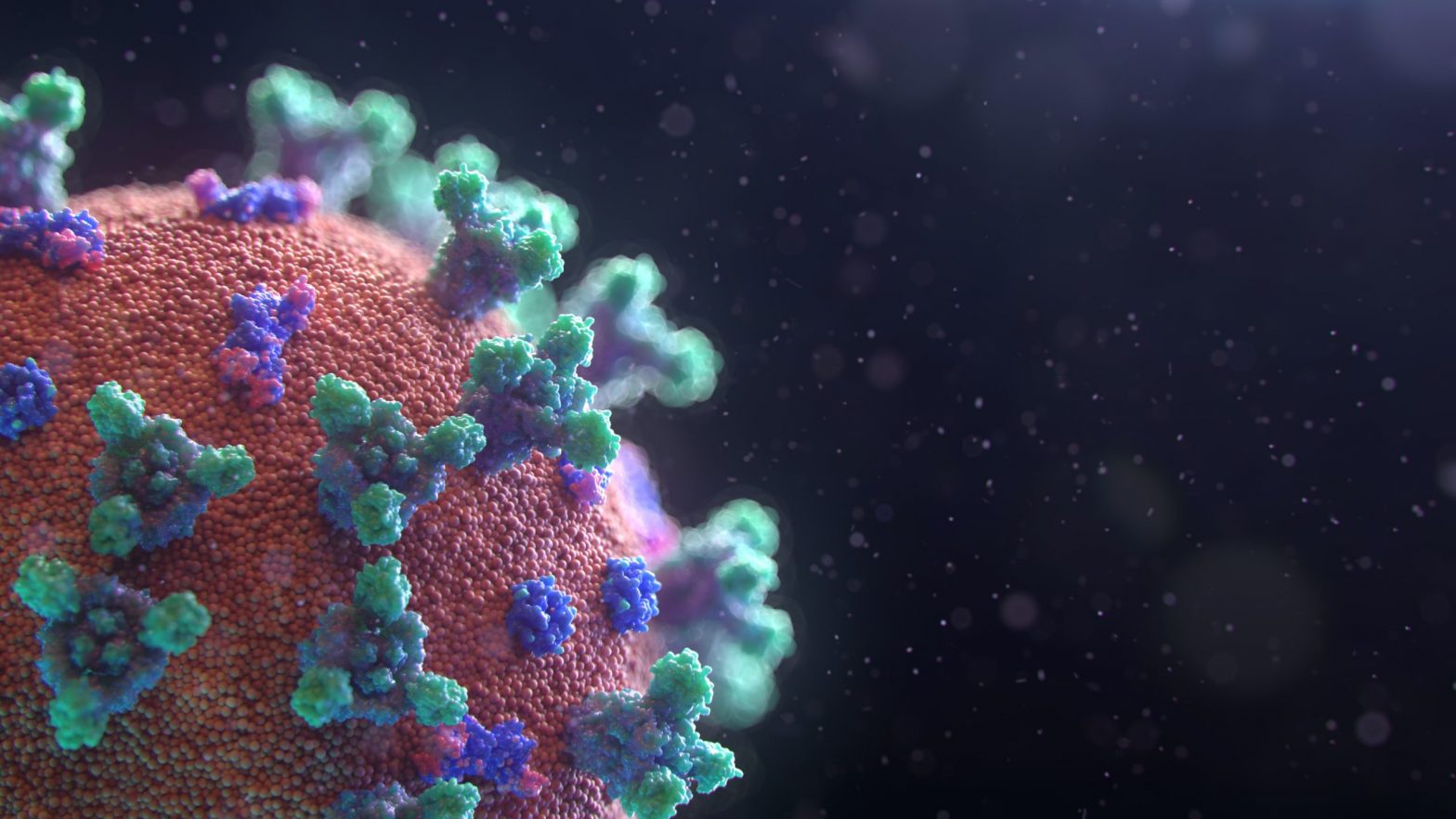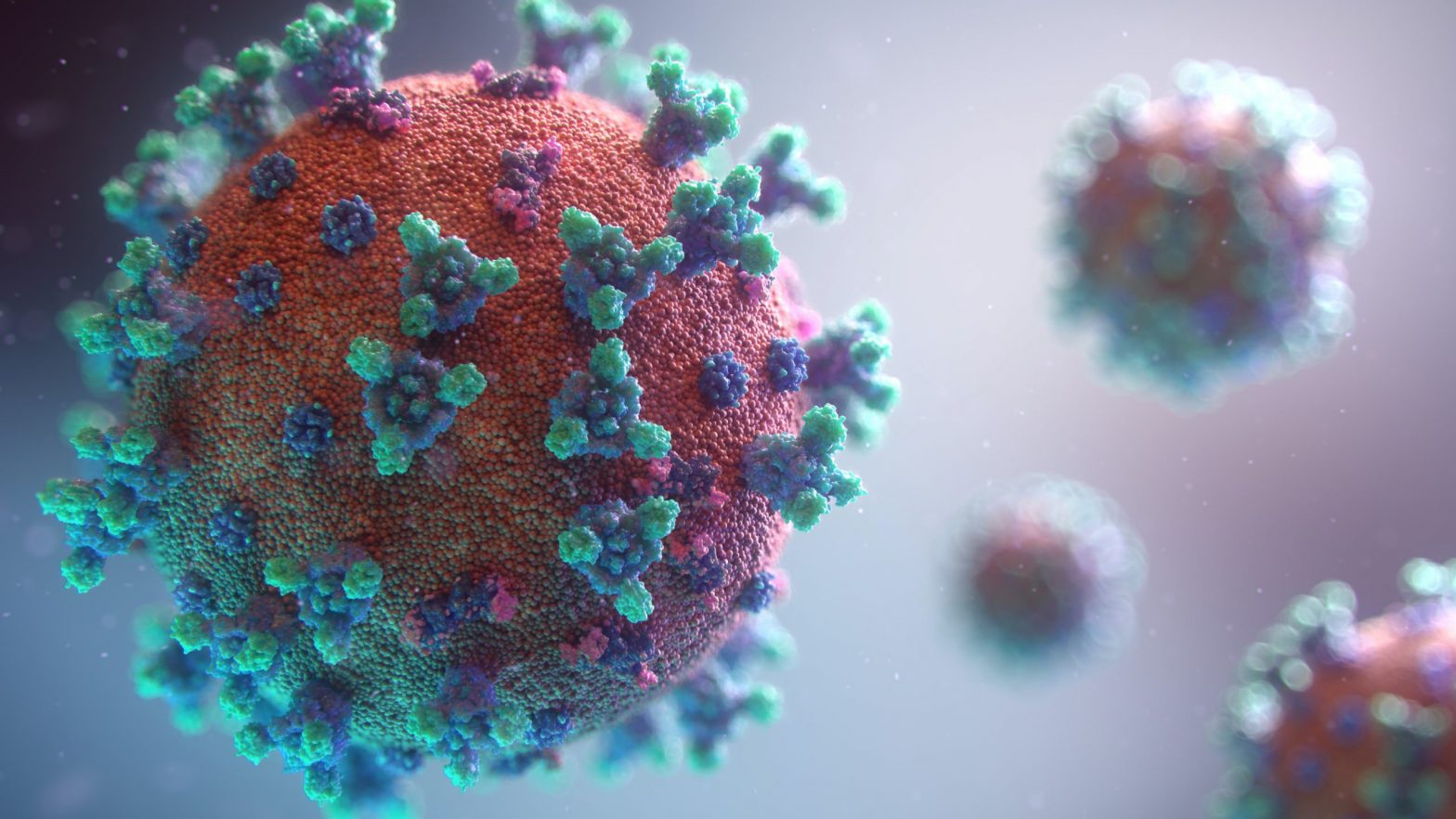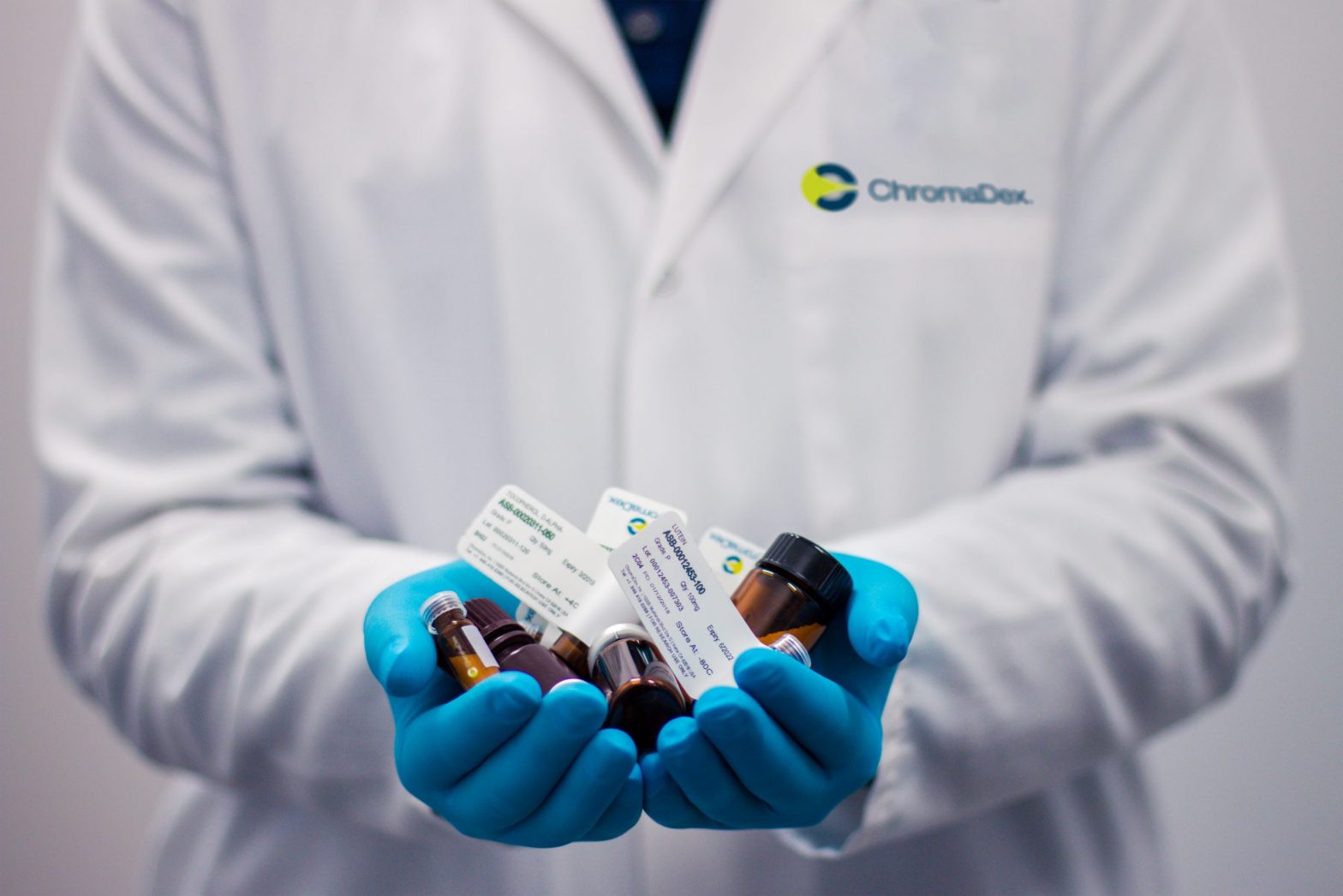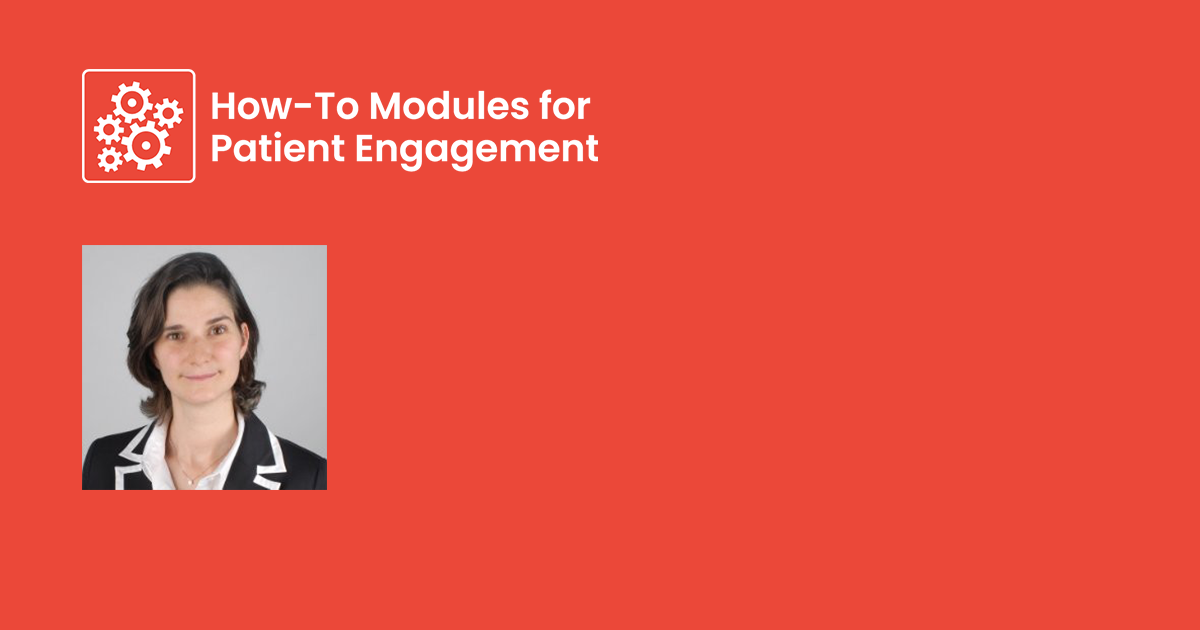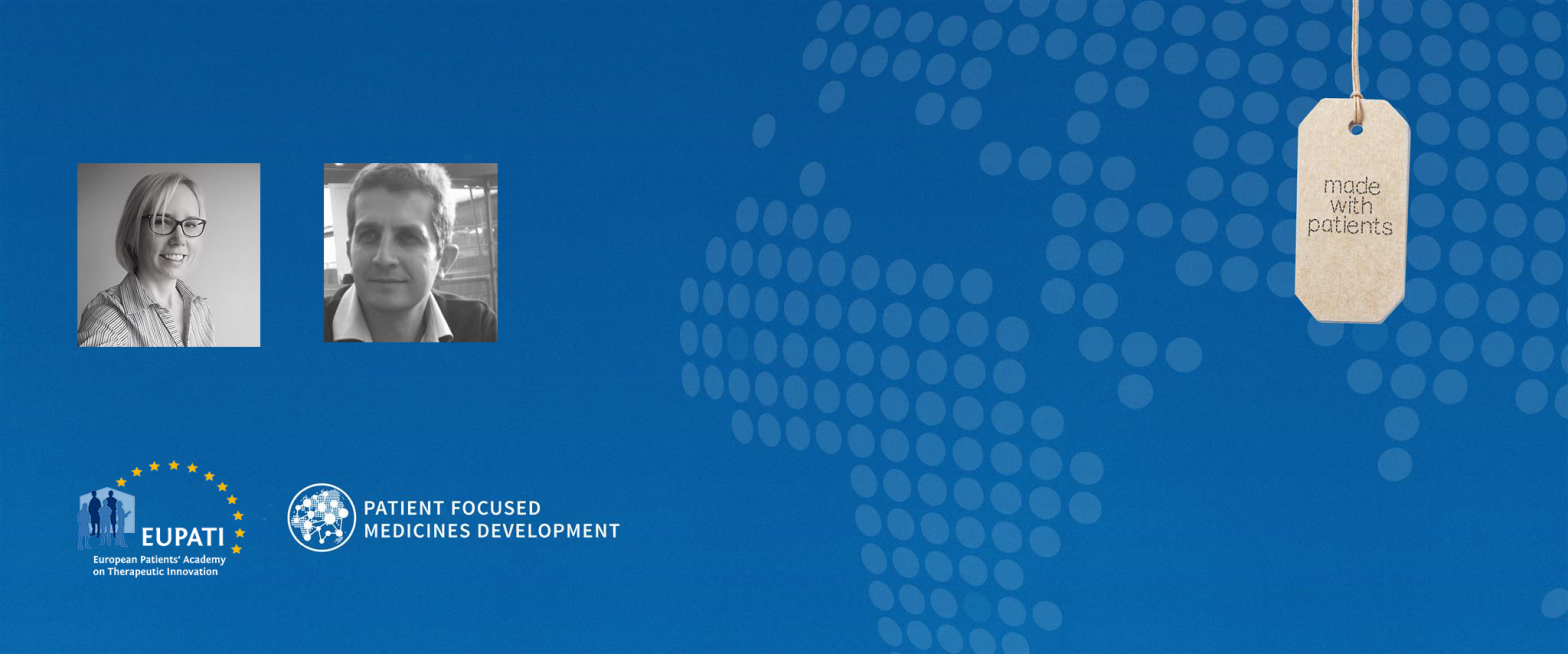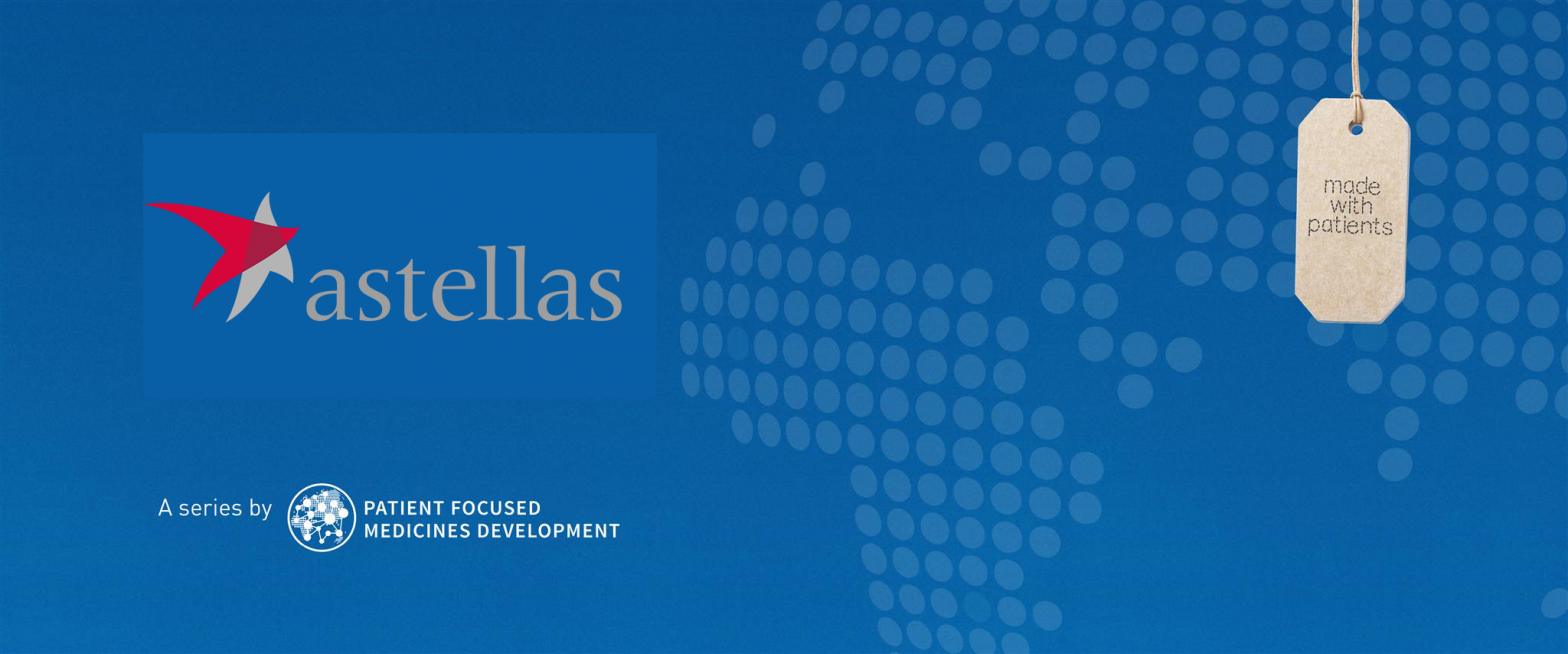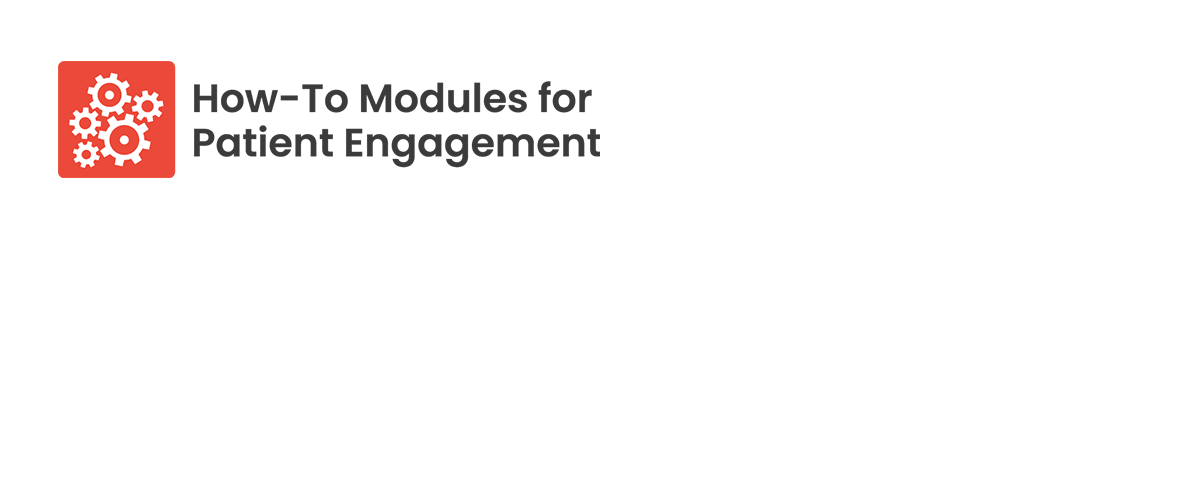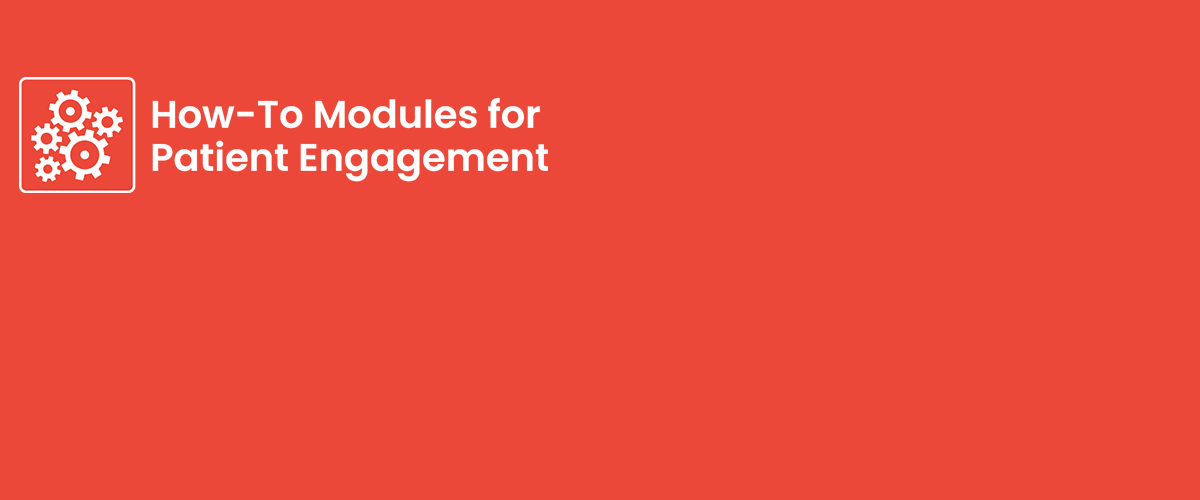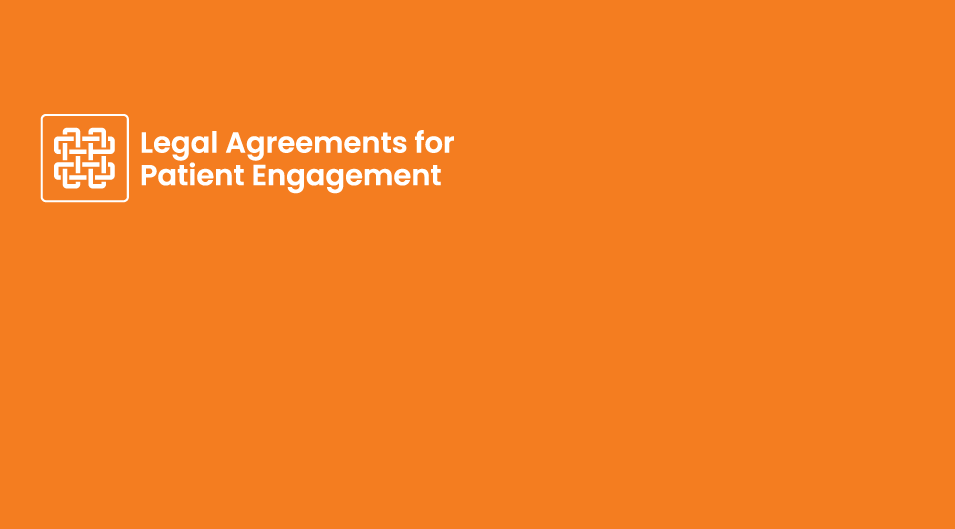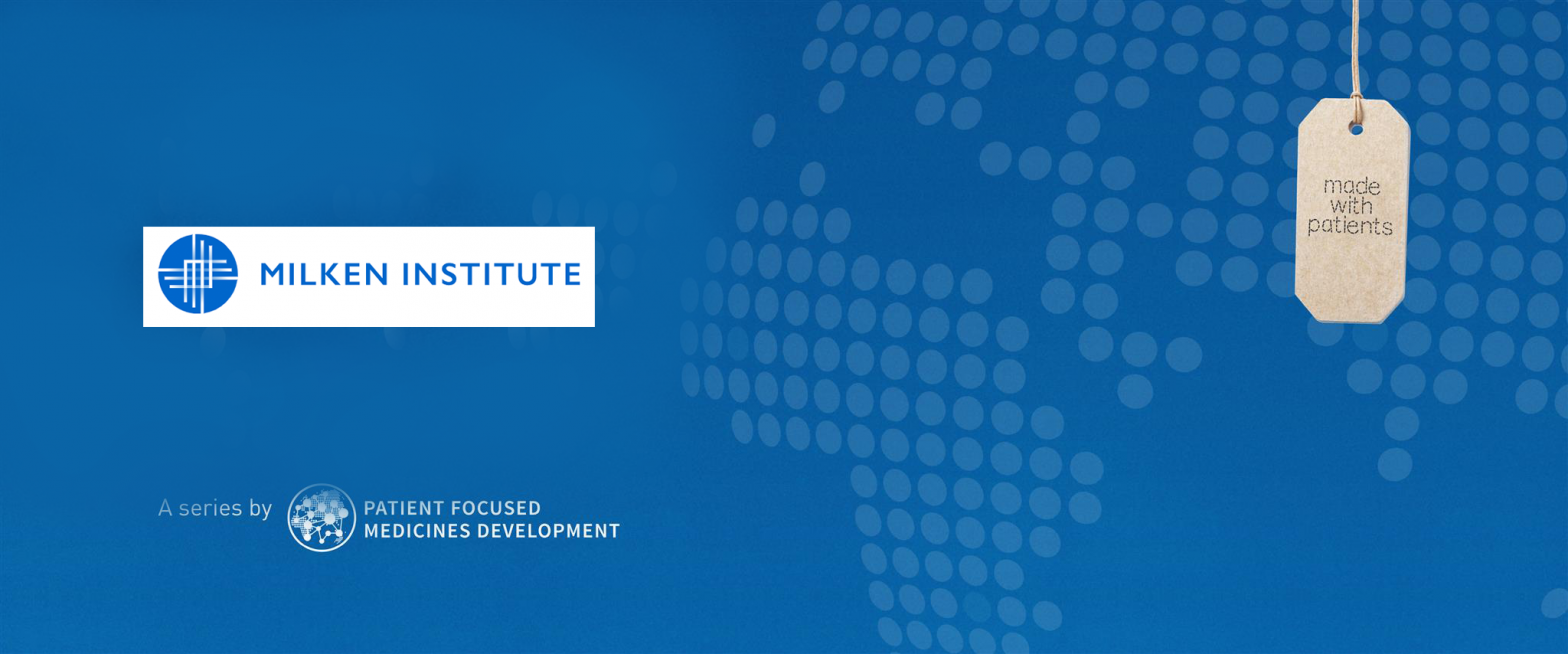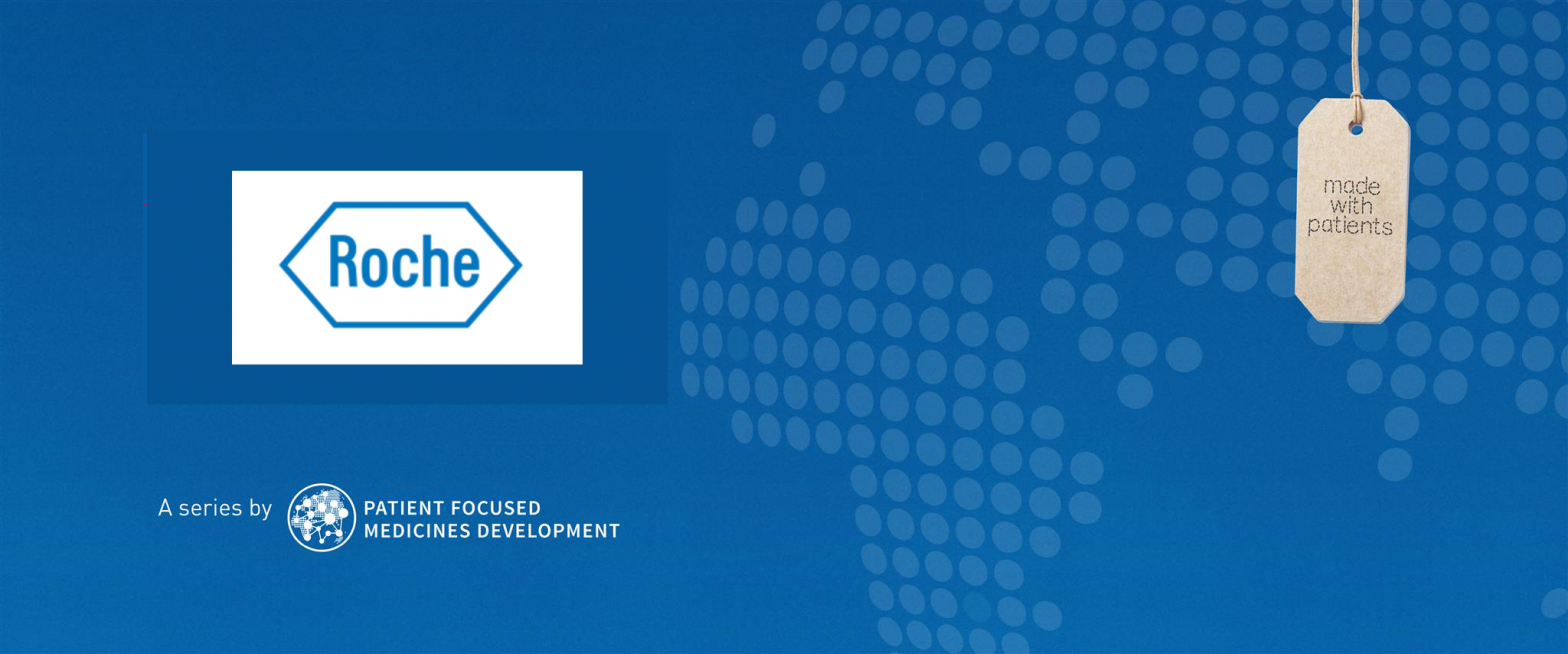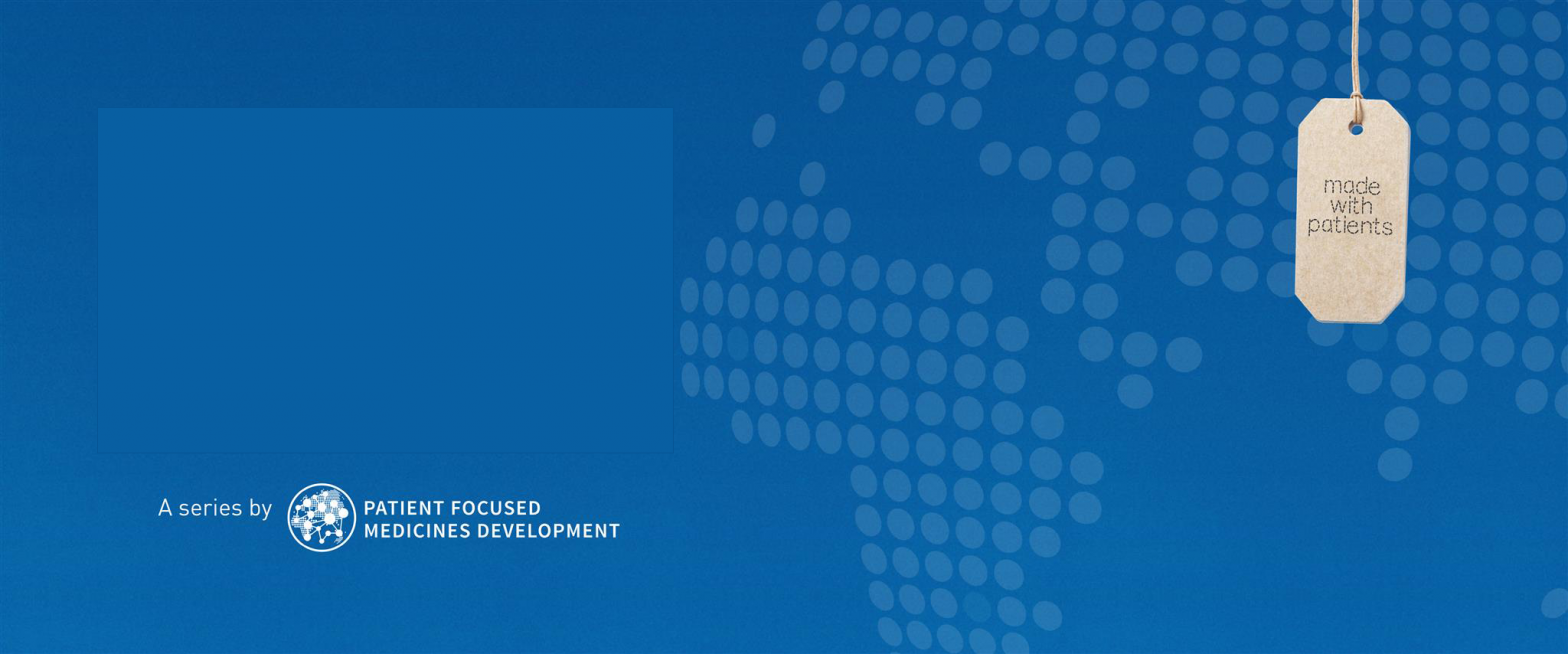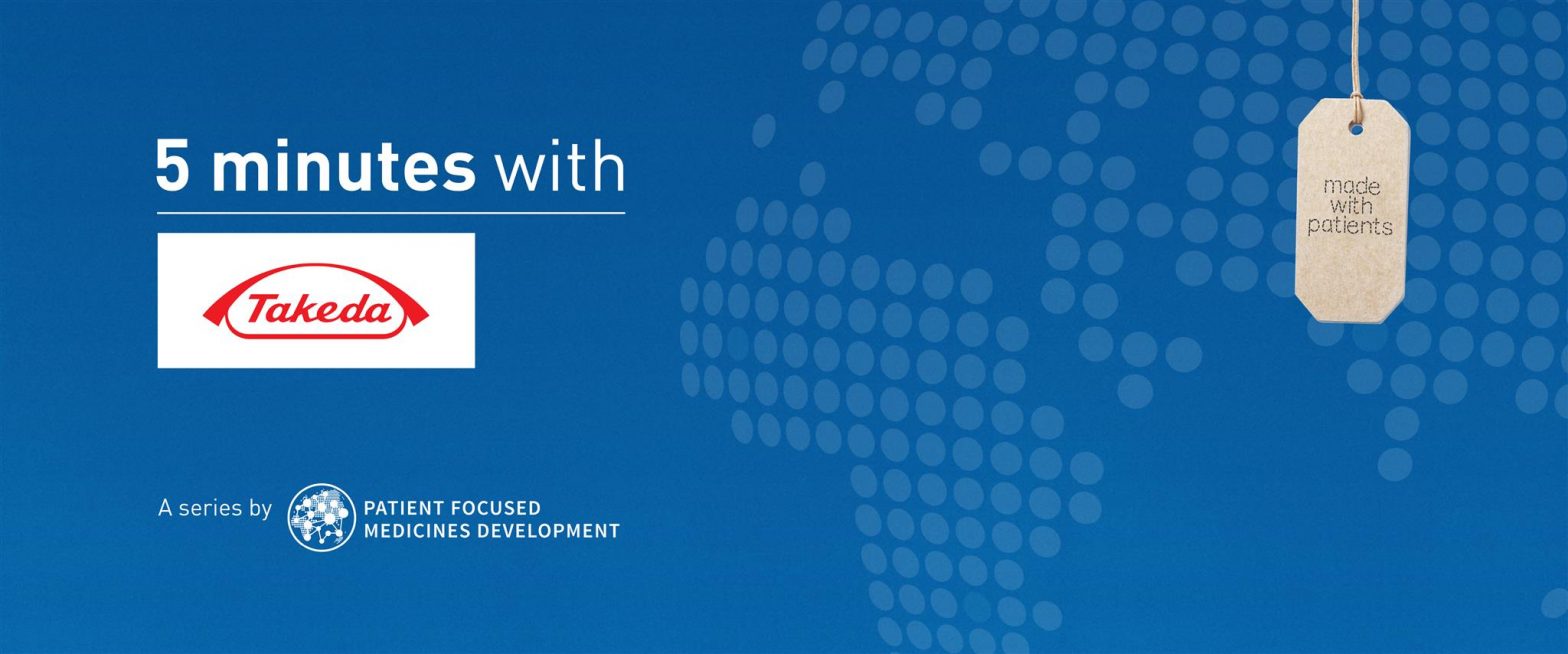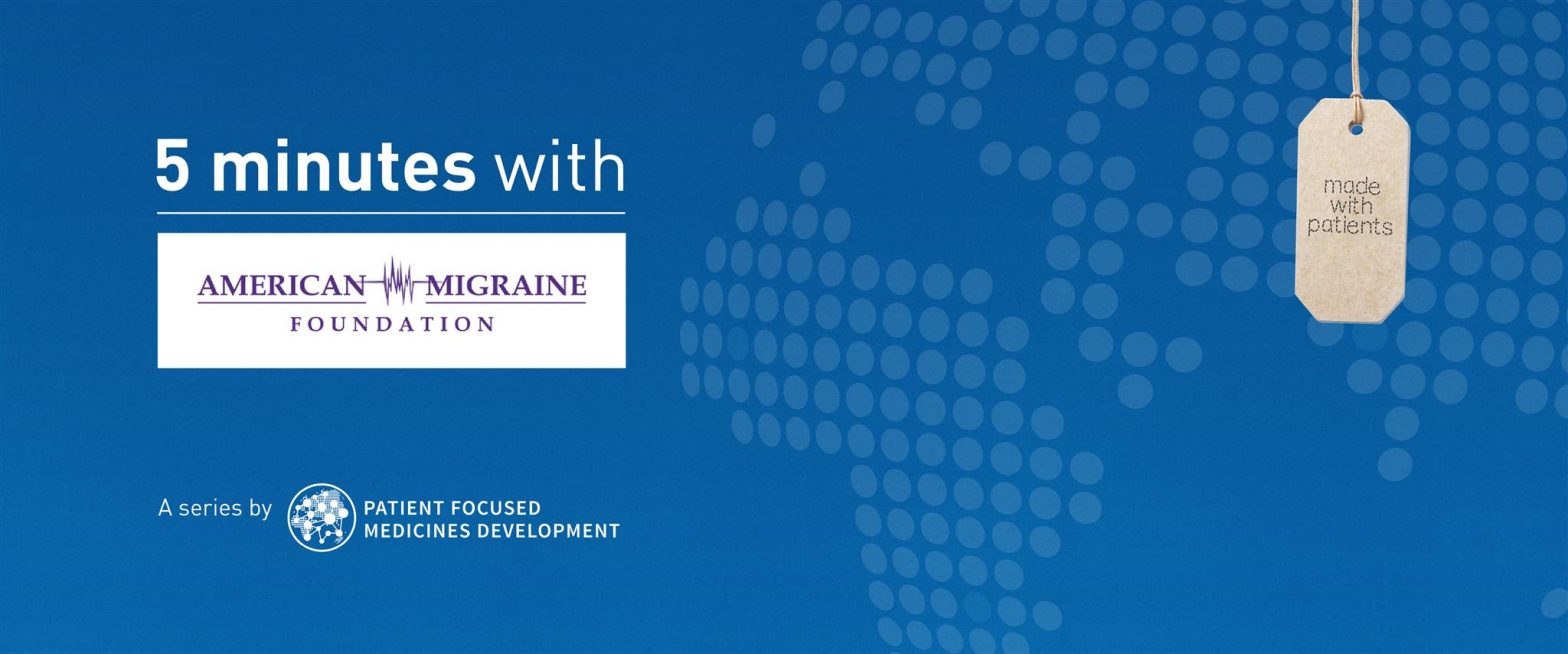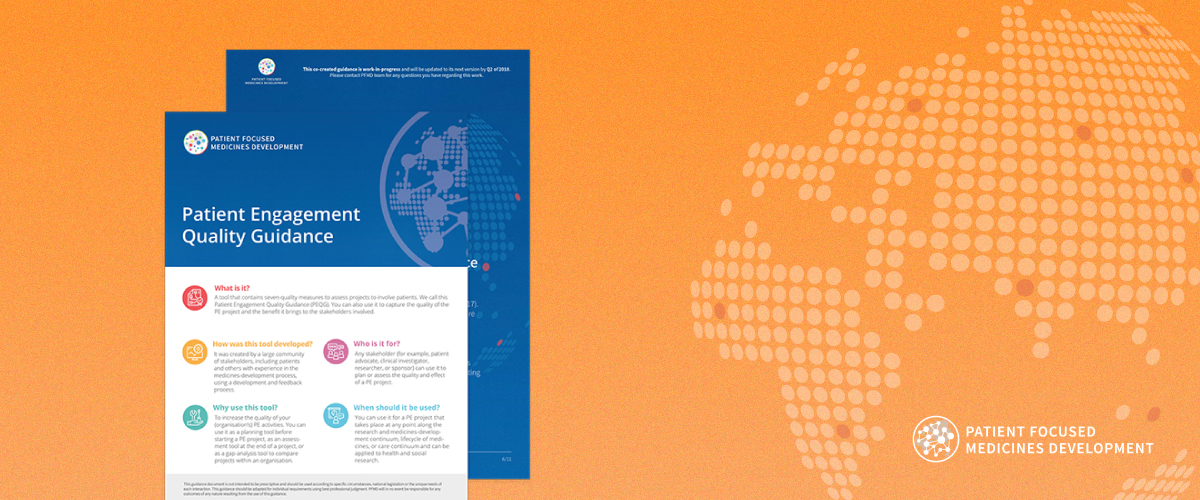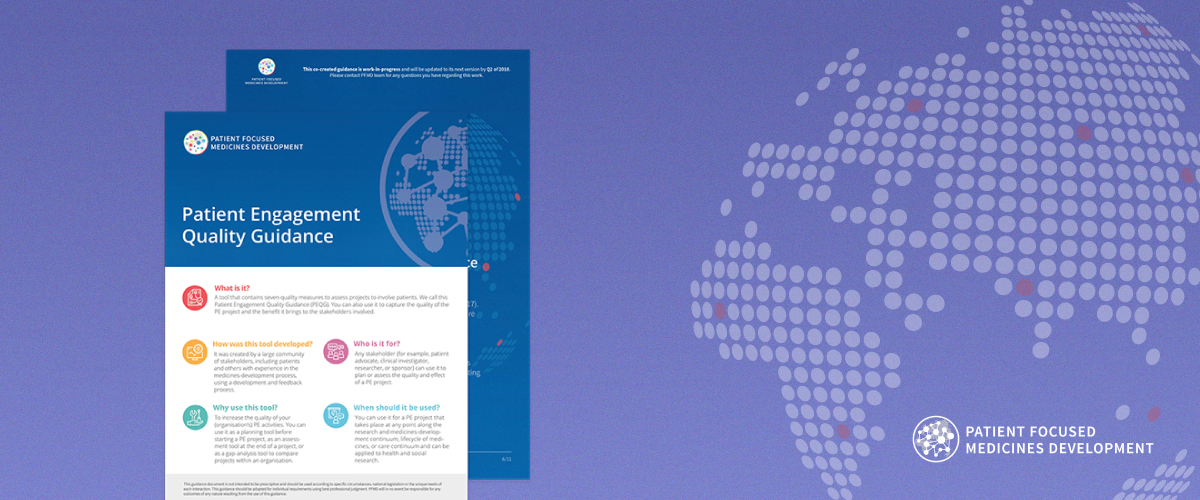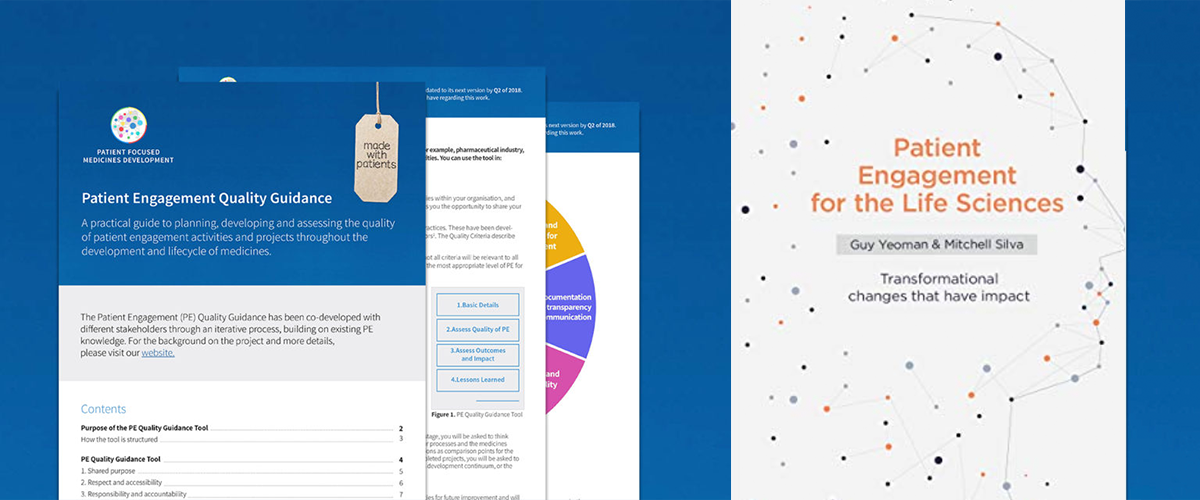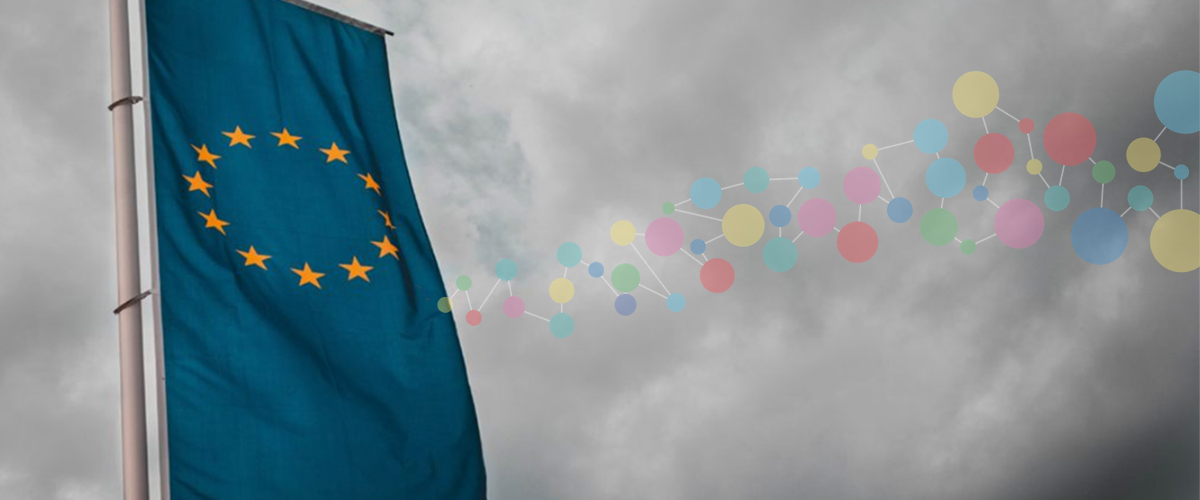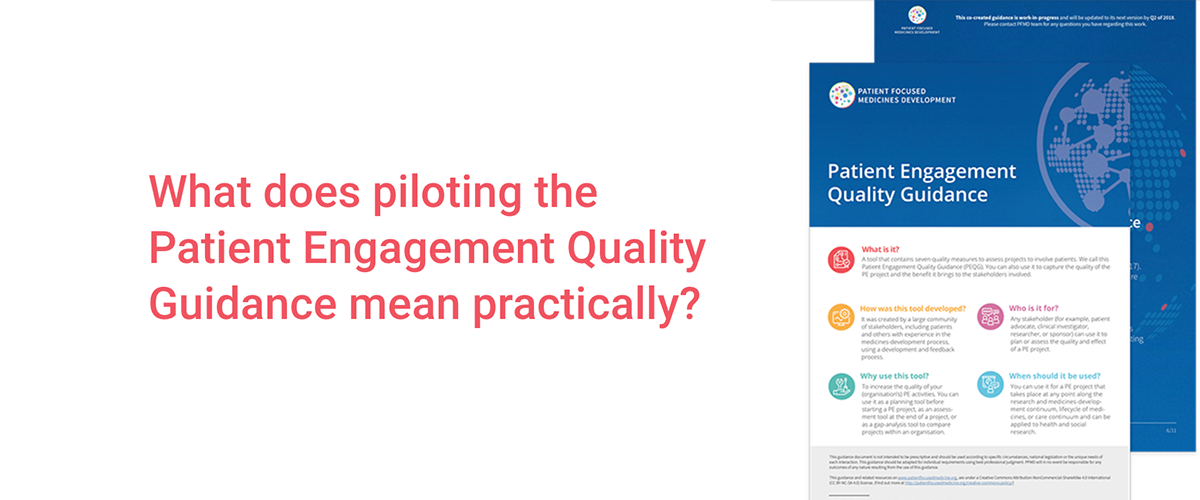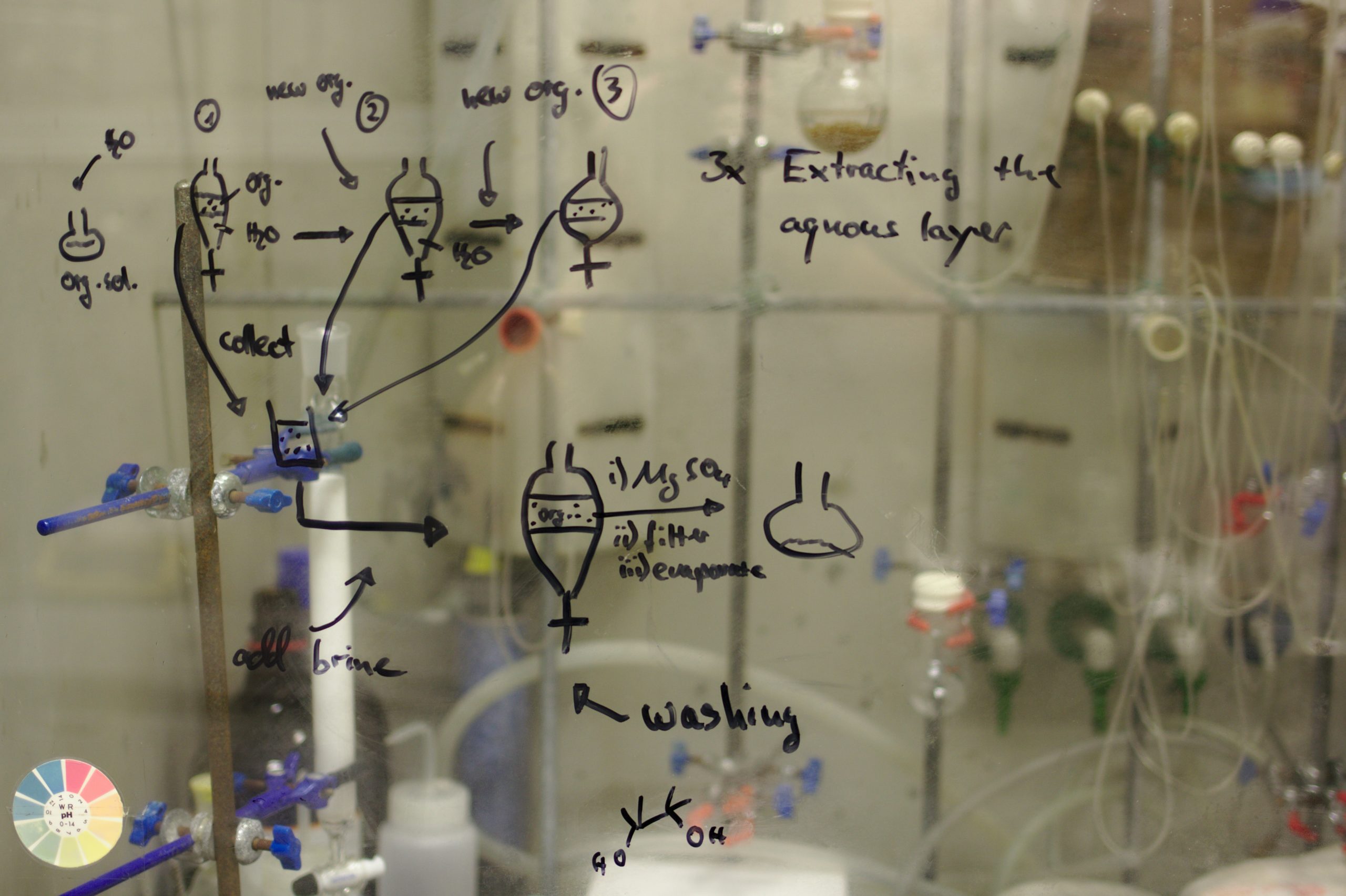Cancer patients face additional risks if they develop COVID-19, but many are also suffering as services are curtailed. People with cancer may even face discrimination if ICU beds are in short supply. How can cash-strapped patient representatives respond?
The pandemic has added significantly to the burden of people living with cancer. Cancer alone can weaken the immune system, as can some chemotherapies, leaving patients particularly vulnerable to infection.
This is having a significant psychological impact on patients. For some, treatments, scans and follow-up appointments have been cancelled and postponed since the outbreak as non-COVID health services have been curtailed.
Meanwhile, clinical trials have been halted, delayed or cancelled, potentially denying patients access to innovative therapies in the short term, and delaying the development of new treatments in the medium and long-term.
Bettina Ryll of the Melanoma Patient Network Europe says some patients have been switched to treatments that are less effective but are better tolerated. Therapies that can be taken orally, rather than intravenously, have been prioritised to reduce clinic visits. ‘We very much appreciated the ESMO recommendation on Melanoma treatment under COVID as it helped to switch from ‘panic mode’ to ‘how can we ensure the best care while ensuring safety,’ she said.
Dr Ryll says the cancer community is now paying the price for the reduction of reserve capacities in healthcare systems that has been seen in recent years. ‘In case of shortages, triage mechanisms will come into play, and the recommendations released by nearly all healthcare systems earlier this year have clearly shown that a cancer diagnosis weighs against you. First, you survive cancer. But if you are unlucky enough to get COVID and require a ventilator, you are left to die.’
Another concern for the community is the overlap between COVID-19 symptoms and some side effects of treatment. Many patients with advanced melanoma receive immune therapies with so-called PD1 inhibitors. A frequent side effect of these therapies is pneumonitis, an inflammation of the lung parenchyma, that unfortunately very much resembles COVID19.
‘It is unbelievable but we have had Stage 4 Melanoma patients left hanging between GPs treating COVID but with no experience in treating immune therapy side effects and ‘COVID19-free’ cancer centres that didn’t want to see the patients with the slightest suspicion of a COVID infection,’ Dr Ryll said.
Patient survey
A study, conducted by the Romanian Melanoma Patient Association, reveals that 40% of melanoma patients and carers found that access to health services was more difficult than before the pandemic and 18.5% reported that health facilities were closed.
Prior to Covid-19, Romanian patients already had low levels of confidence in public hospitals, but with the pandemic, safety became a concern of many. The study found that patients felt safer in private hospitals. However, delays in diagnostic procedures and early detection tests such as dermatoscopy, scans, biopsies and histopathology were dramatically affected, according to more than half of respondents in both public and private hospitals.
Violeta Astratinei, the founder of the Romanian Melanoma Patient Association said that ambiguity in the first set of governmental recommendations left room for divergent interpretations and abuses which have been reported by Romanian cancer patients in the media.
In Romania, the pandemic came on top of pre-existing issues which had put the healthcare system under strain. ‘Hospitals that are already treating too many cancer patients became Covid-19 hospitals,’ Dr Astratinei said. ‘Others closed their doors because the medical staff were infected. Patients were sent home, surgeries were cancelled or indefinitely delayed. Queues and long waiting times in the triage areas outside hospitals, along with difficult communication with doctors, were amongst the complaints of Romanian melanoma patients.’
Perhaps not surprisingly, the Romanian Melanoma Association was confronted in the springtime of 2020 with a high volume of patients reporting a lack of access to physicians and care. ‘Some of our patients were afraid to report side effects from therapy, such as fever, in case their treatment was halted because they were suspected of having Covid-19,’ she said.
There were some silver linings: more physicians began using WhatsApp and social media to speak with their patients while family doctors embraced telemedicine and electronic prescribing for the first time. ‘To help our people, we contacted hospitals one by one, and we leveraged our network to redirect patients between the cancer centers,’ Dr Astratinei said. ‘We kept up-to-date with all new COVID-19 cancer-related research and clinical guidelines.’
Rising demand, falling funding
Patients with other forms of cancer face similar challenges. The Workgroup of European Cancer Patient Advocacy Networks (WECAN) has mapped the concerns of people with cancer. The exercise highlights significant psychosocial and financial pressures since the pandemic began in March. Limited access to services and a need for more information were a strong feature, particularly in the early months of the crisis.
Cancer patient advocacy groups have experienced a surge in demand for information. At the same time, many have seen their financial base eroded as funding is redirected and opportunities for public fundraising activities are strictly curtailed. This has created ‘existential financial crises for patient organisations,’ according to WECAN.
‘This comes at a time when patient organisations are getting even more stretched, as COVID-related support demands rise,’ says Jan Geissler of WECAN. ‘Not a single European country has established a COVID information hotline for the general public, so patient organisations’ hotlines, emails, forums and social media groups experience a 40-50% increase in calls and posts from patients and caregivers.’
From a practical point of view, organisations have had to switch to home working which demands digital skills and threatens to leave patients on the periphery of key meetings with decision-makers.
Looking to 2021, WECAN says the outlook is bleak. The impact on patients is likely to be significant, while patient advocacy groups will struggle to meet additional needs as resources dry up. At the same time, healthcare resources may be permanently redirected from cancer wards to COVID management due to the crisis. ‘Cancer patients fear this may not come back when the pandemic is over, as it has left huge holes in national healthcare budgets. This will cost patients lives,’ says Geissler.
WECAN has collated a range of COVID-19 resources while PFMD’s Synapse platform is also curating a hub of relevant material from a range of sources.



